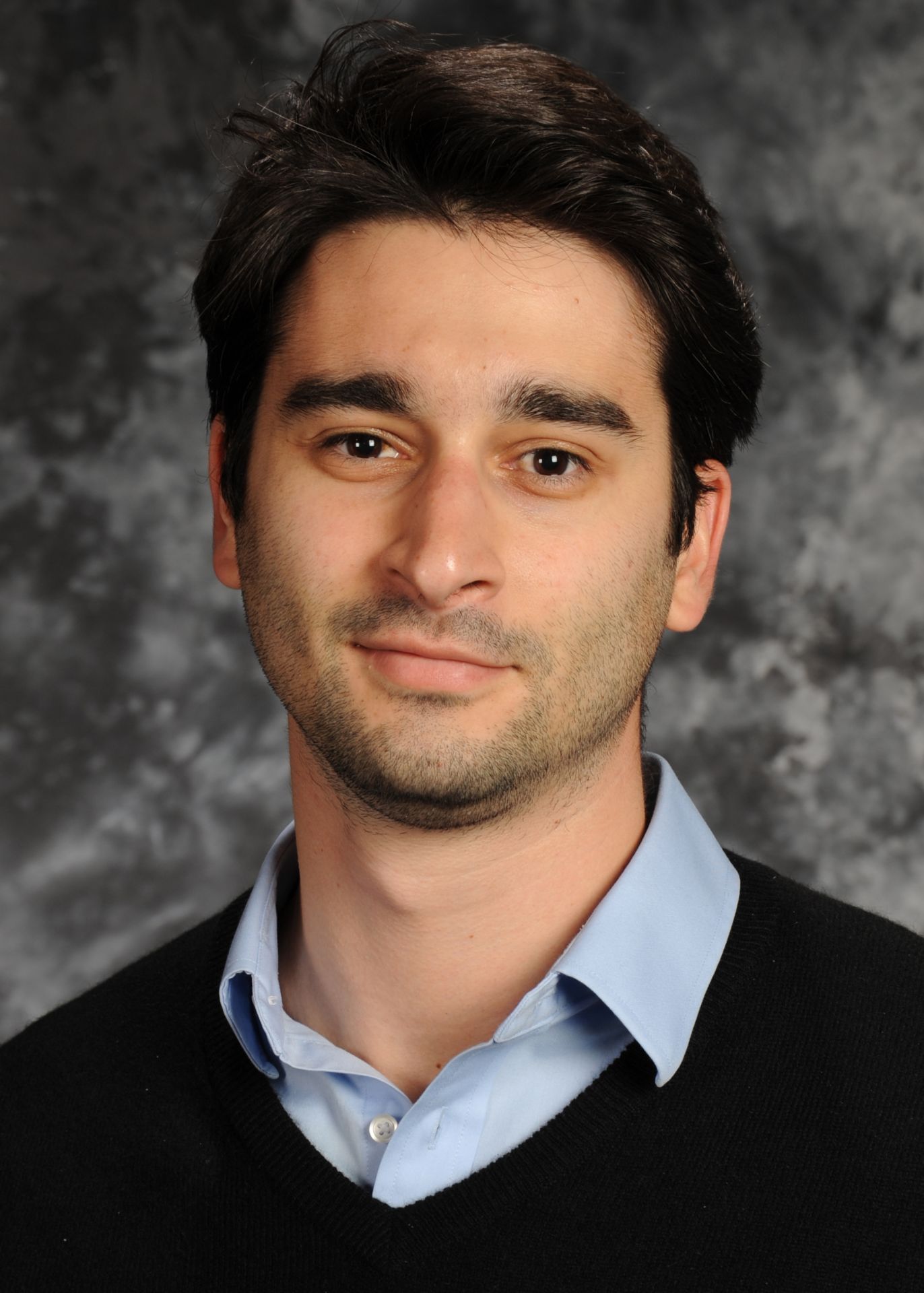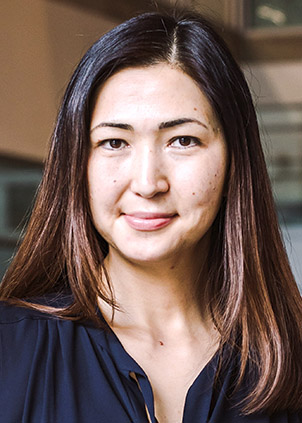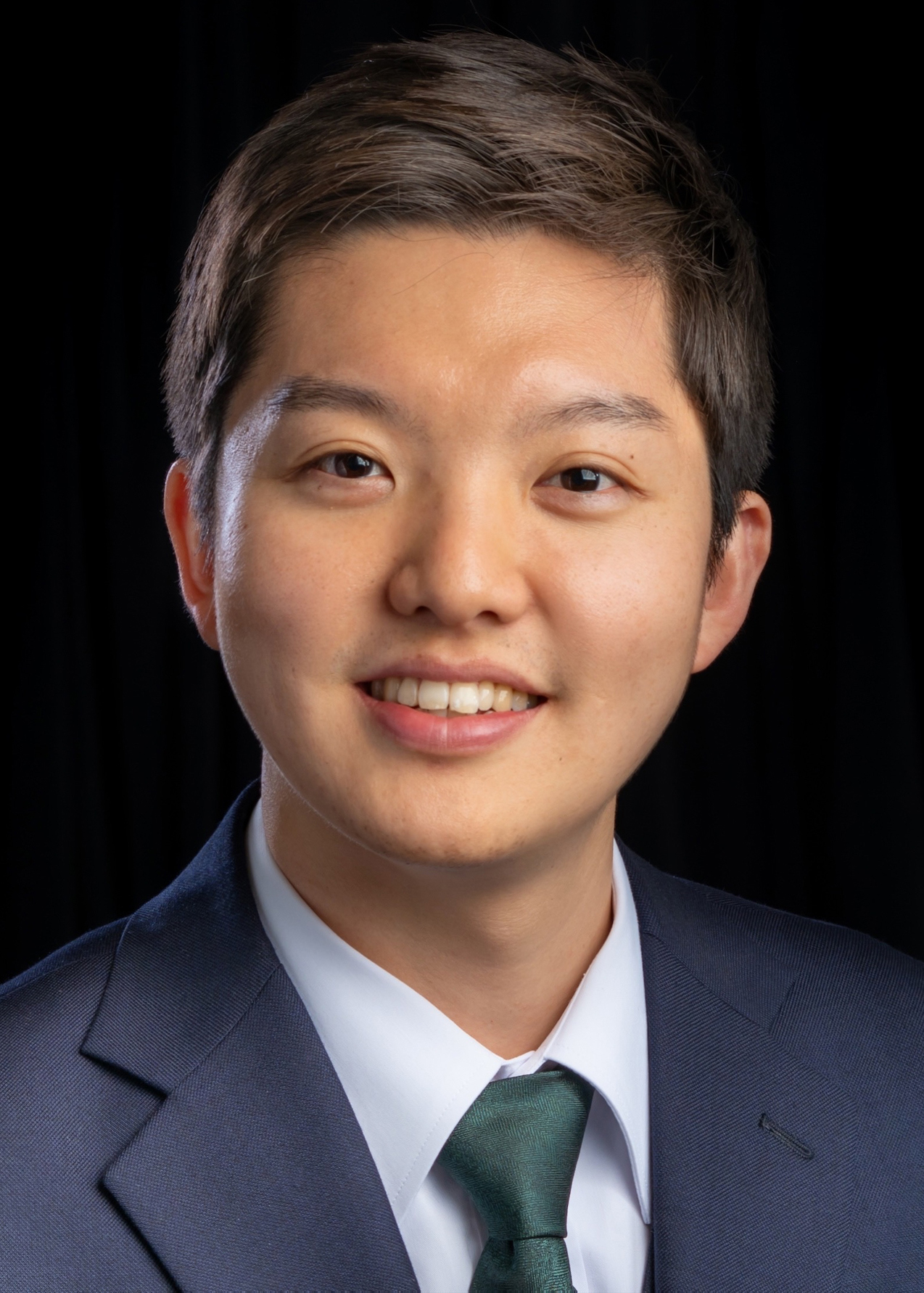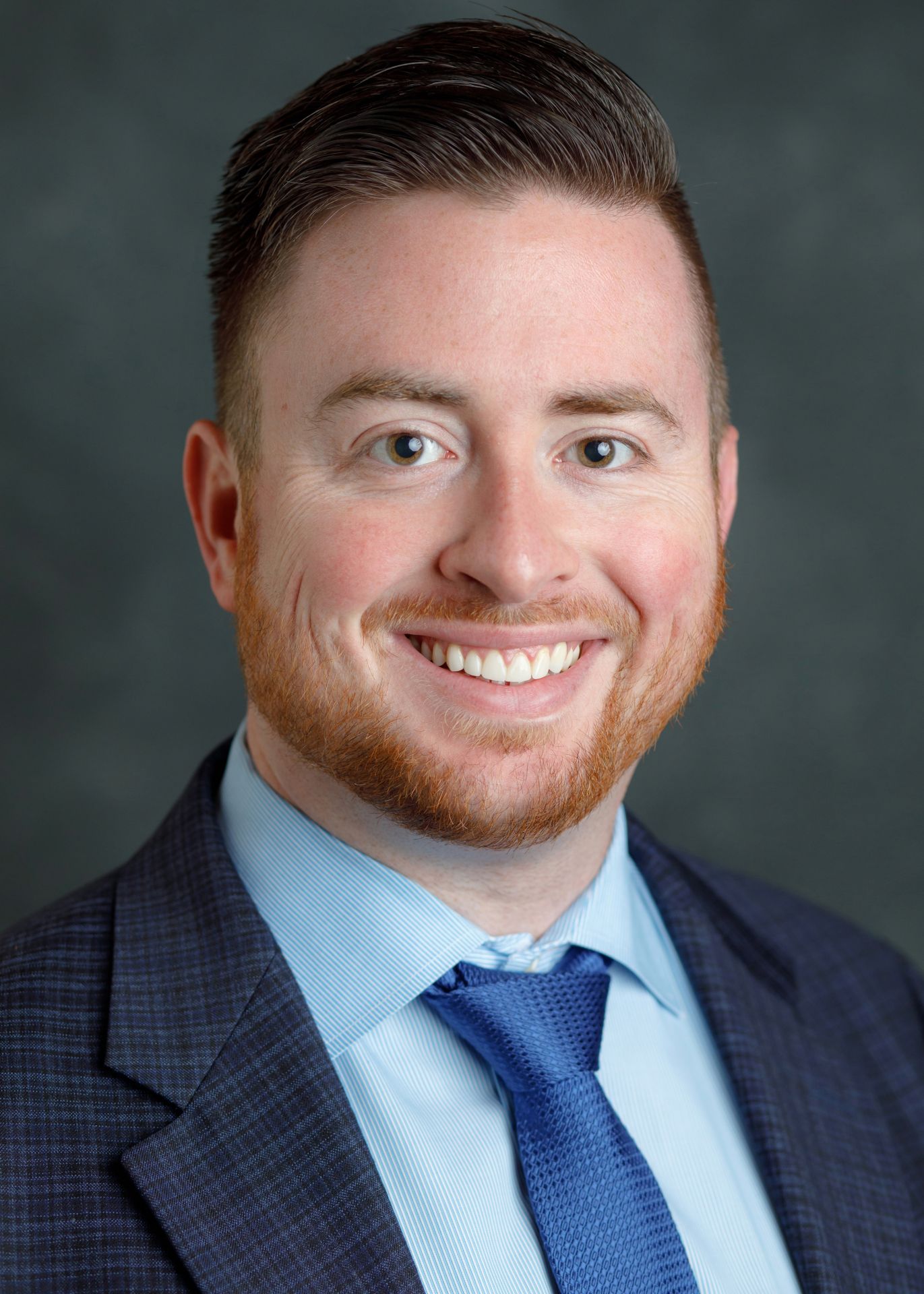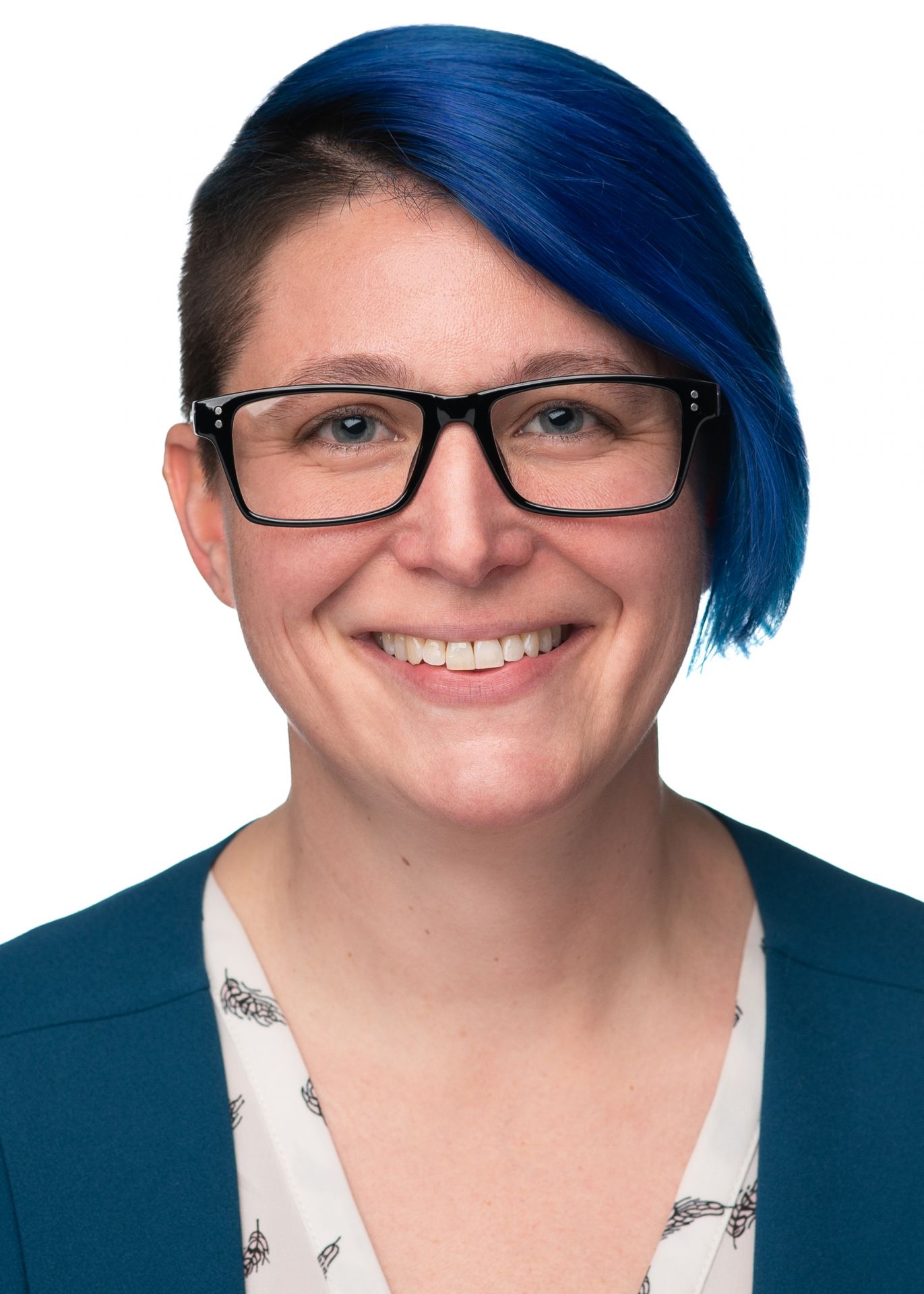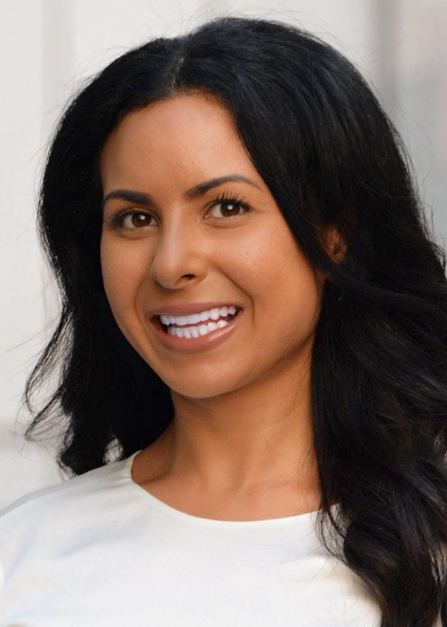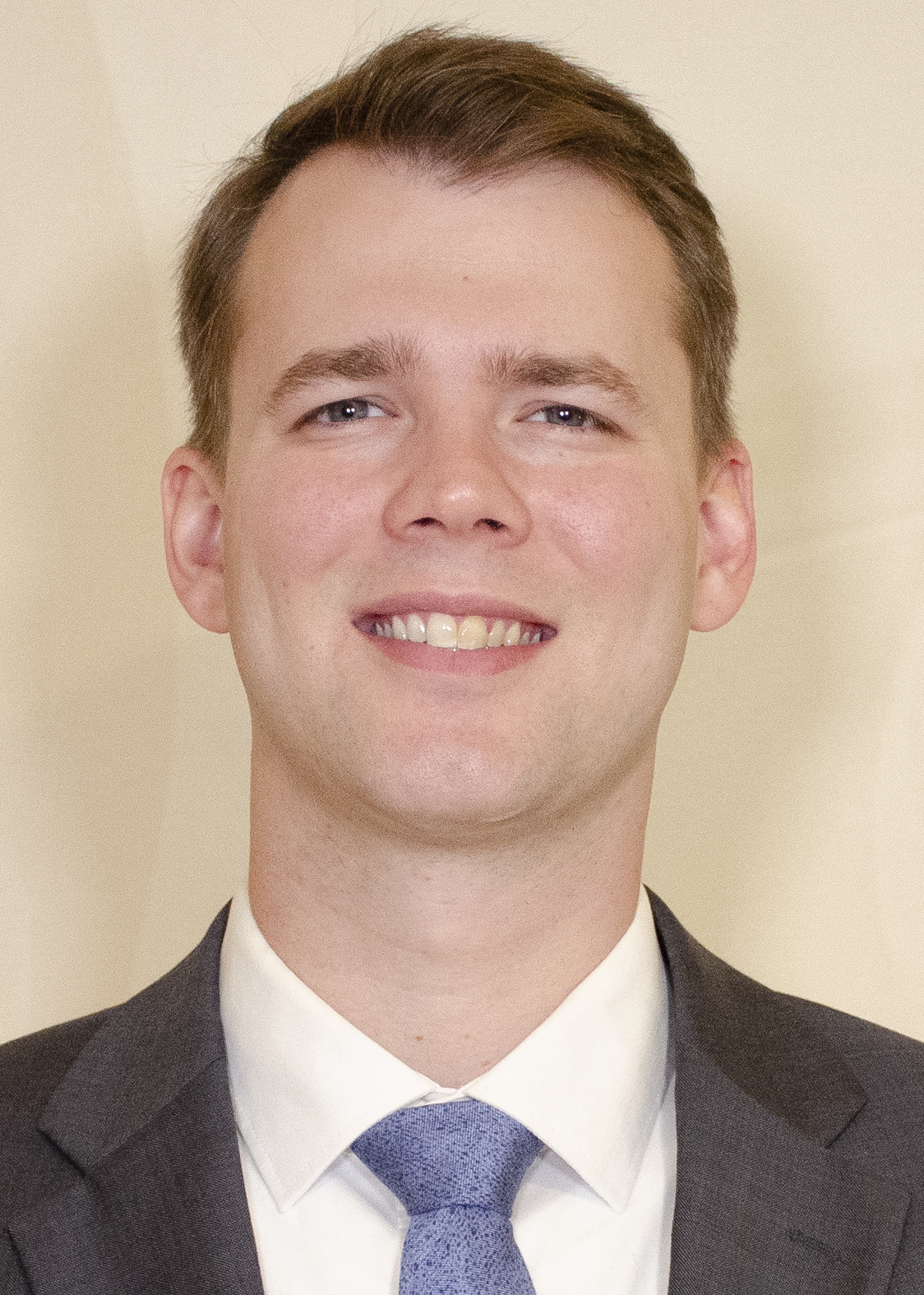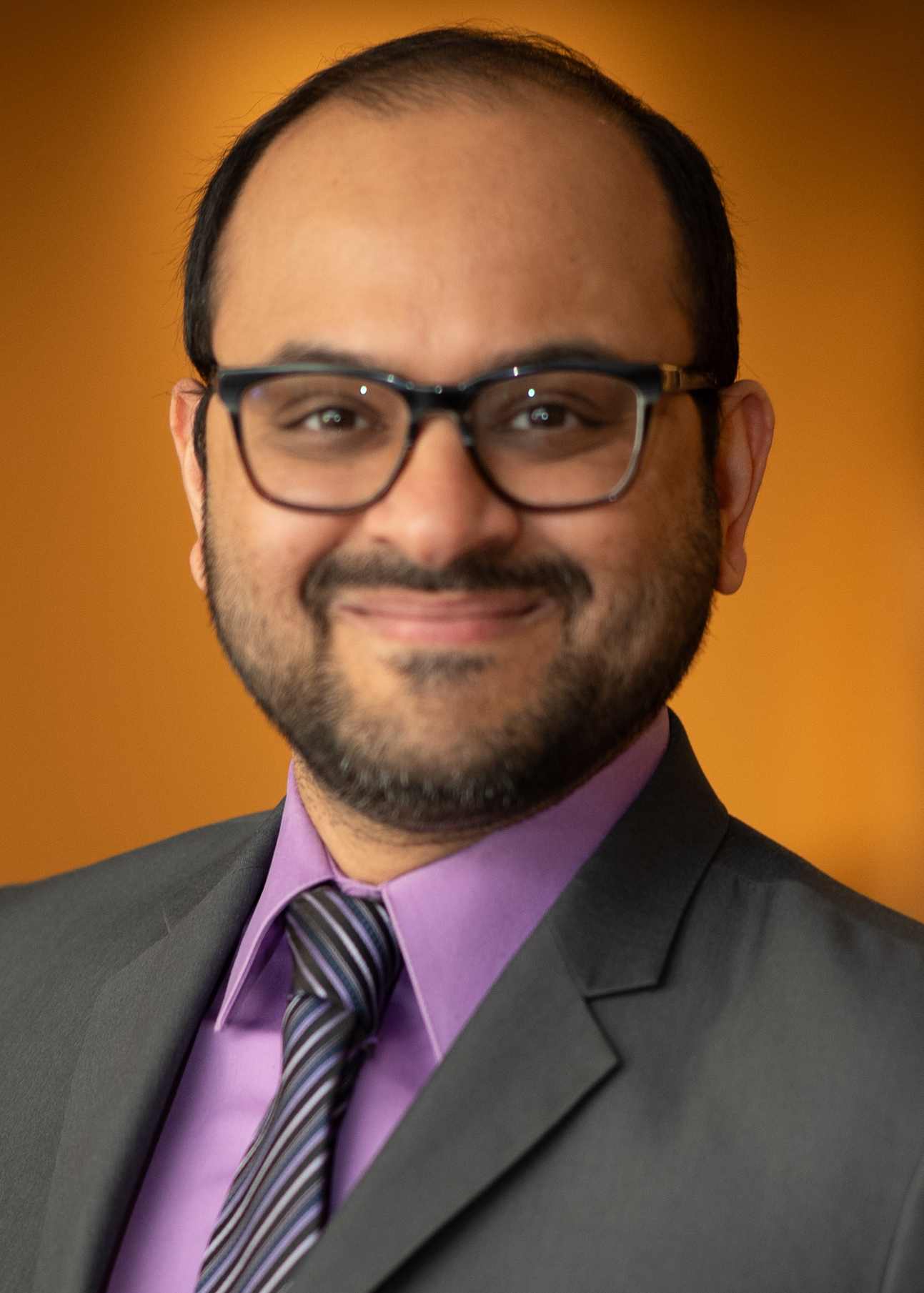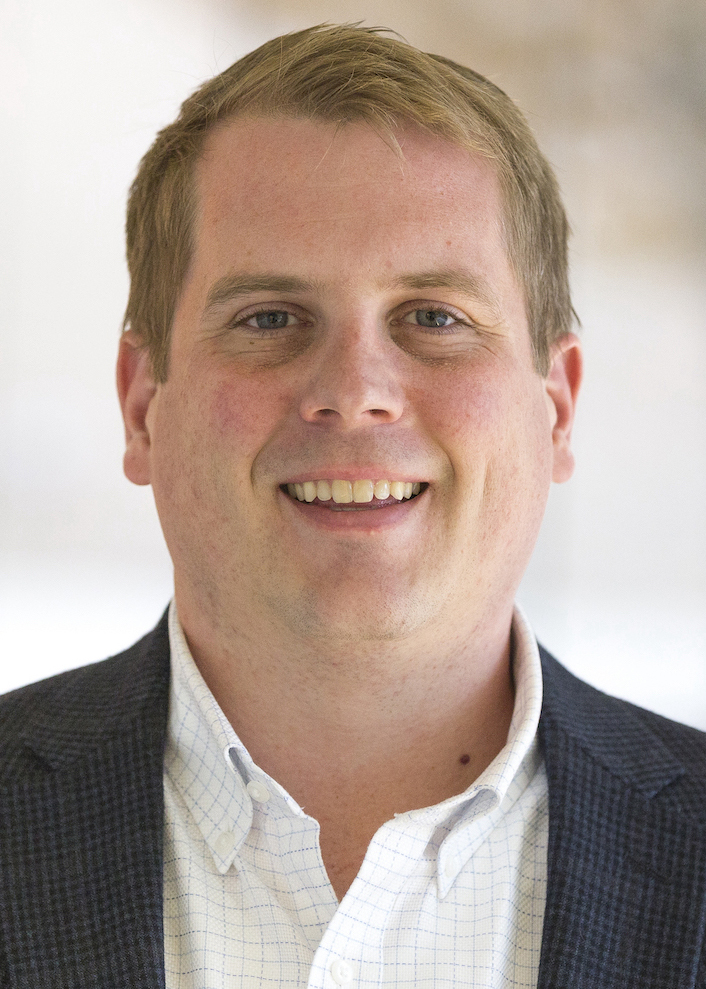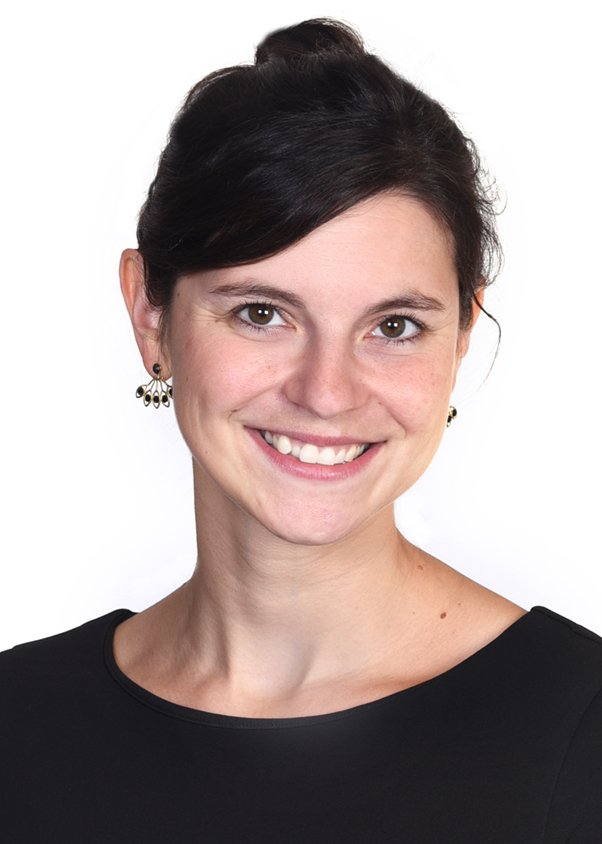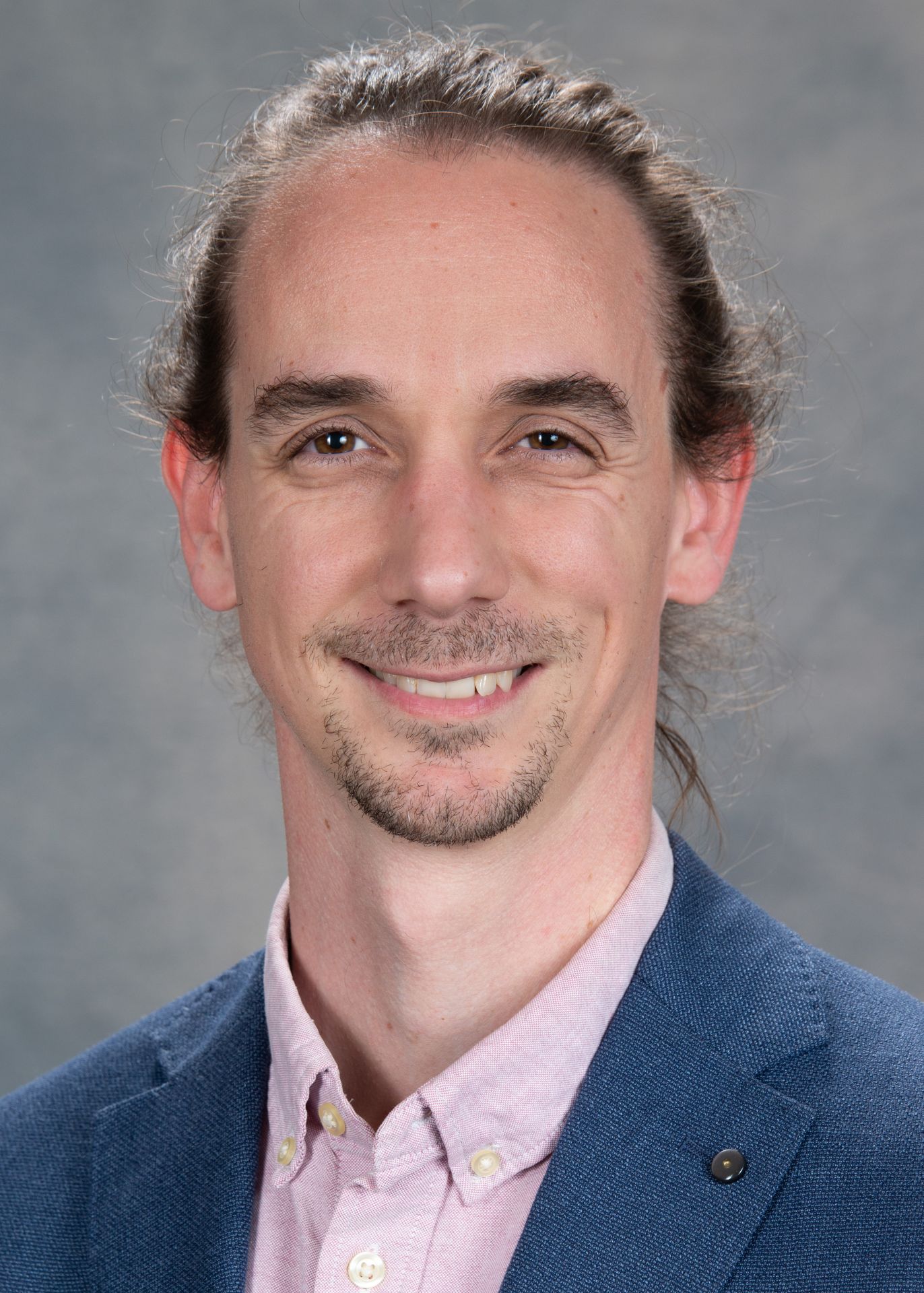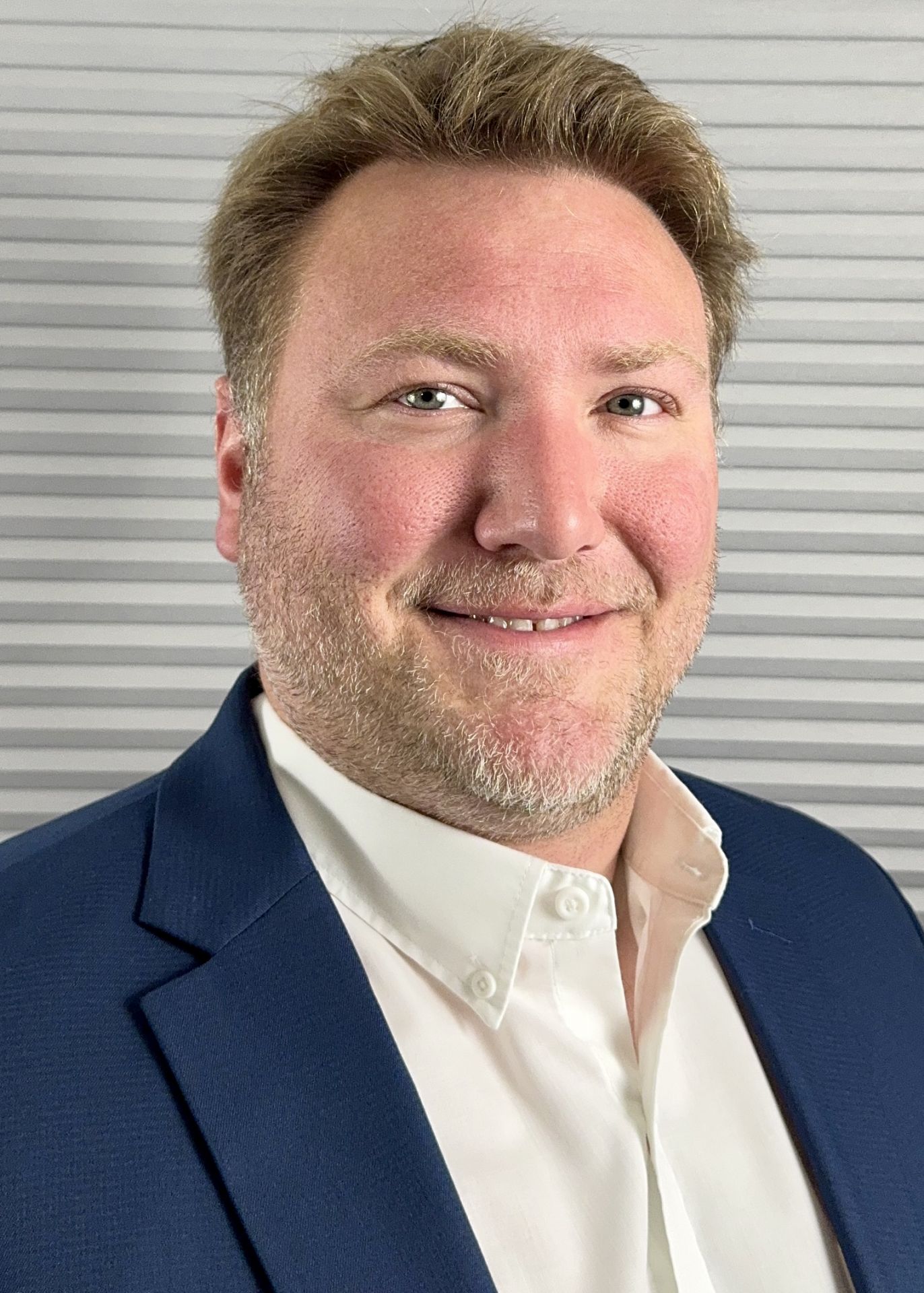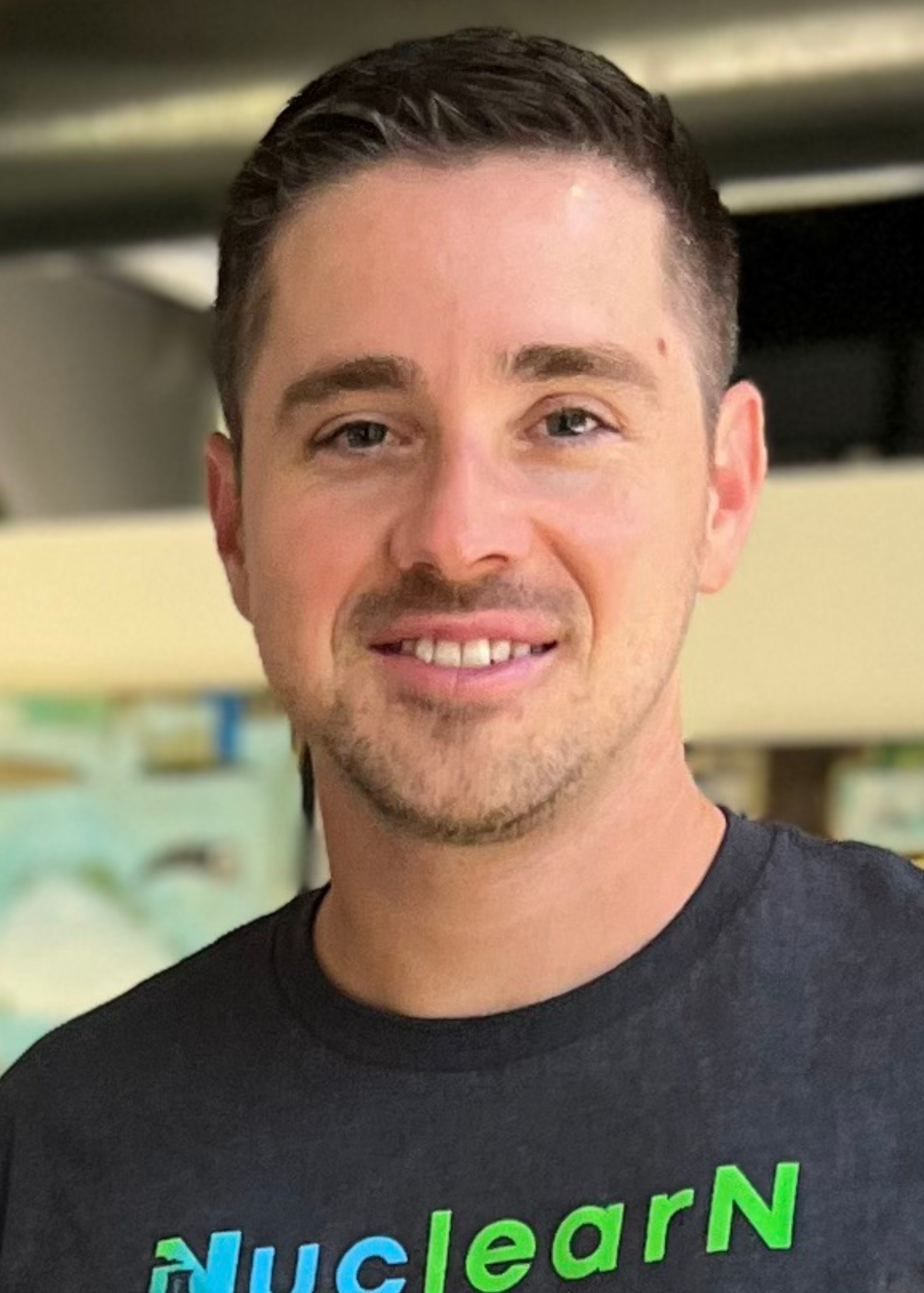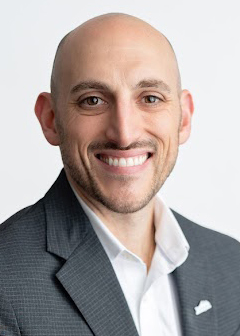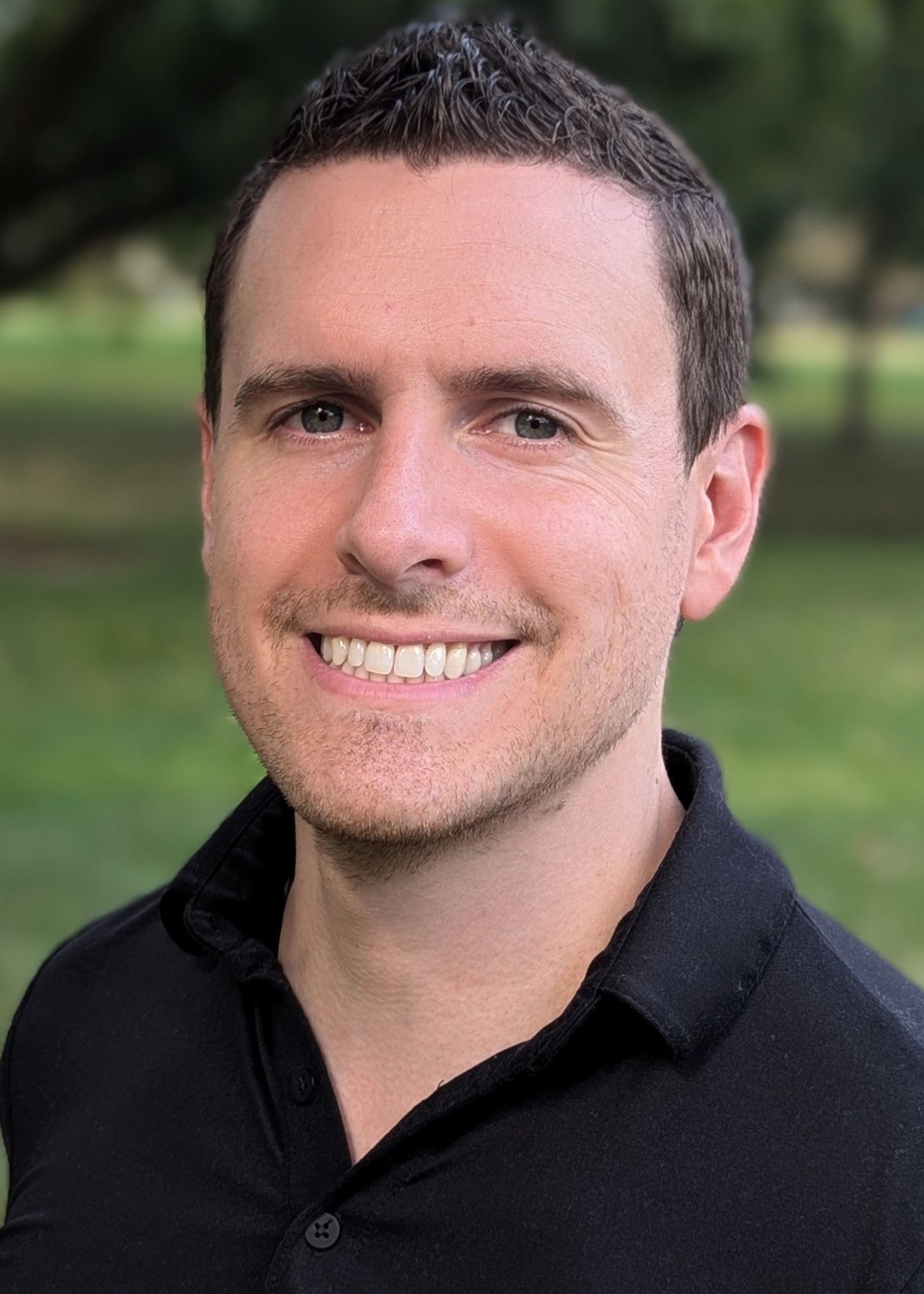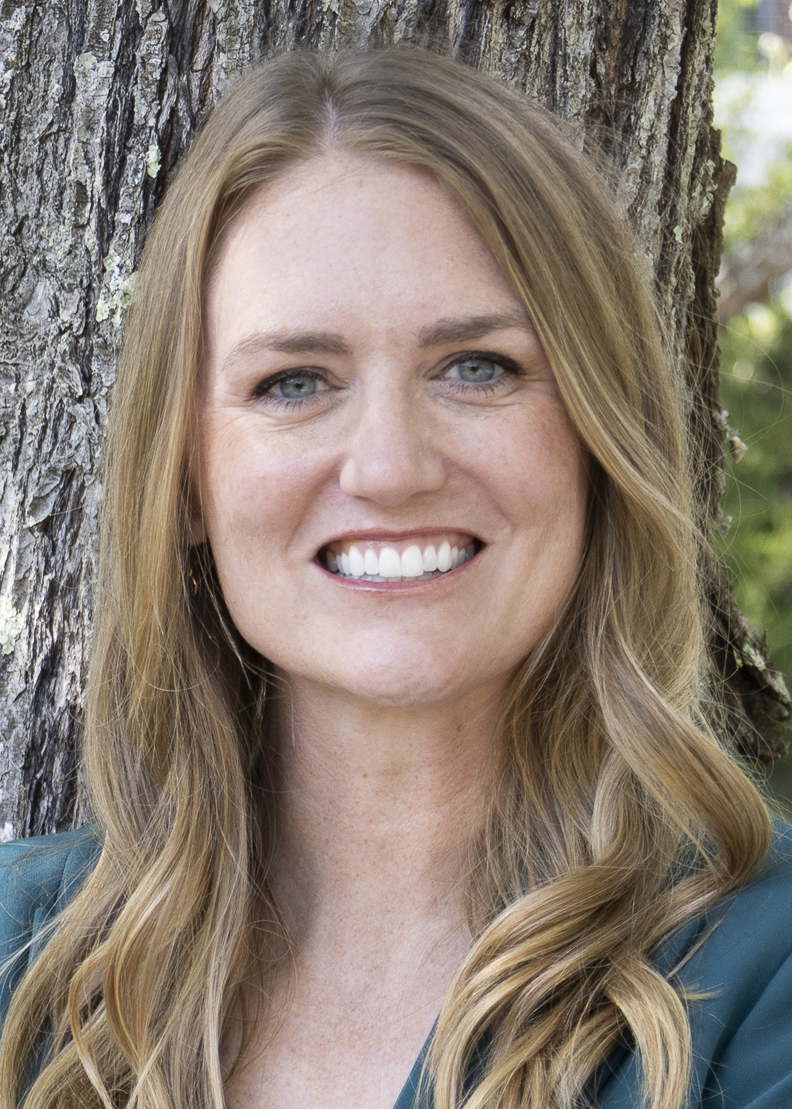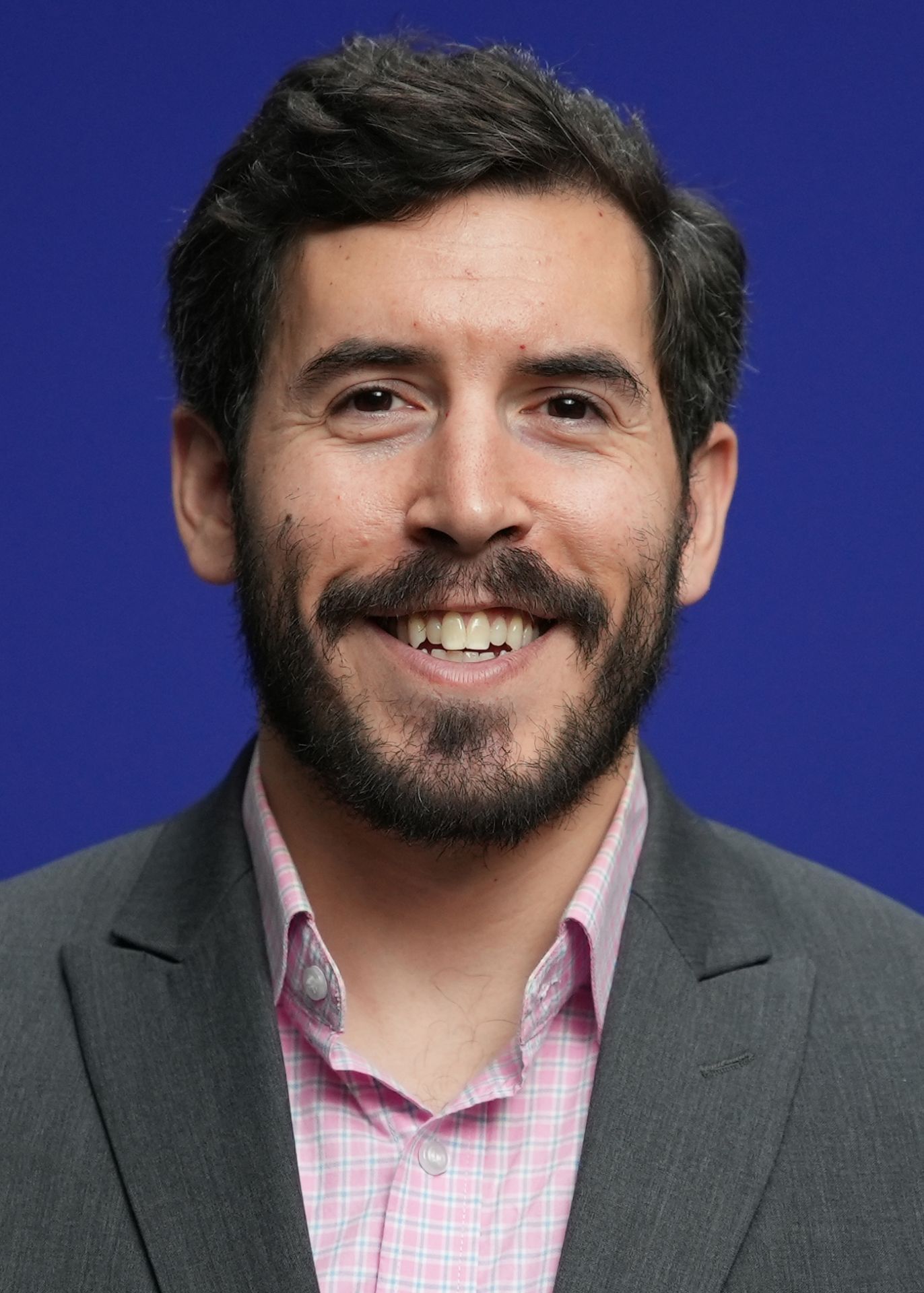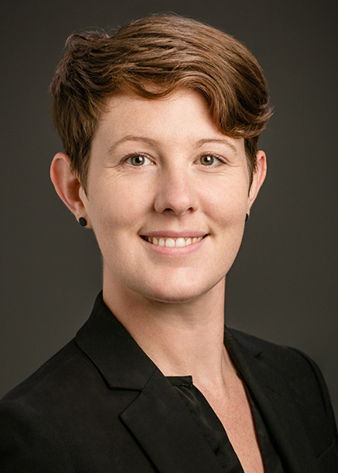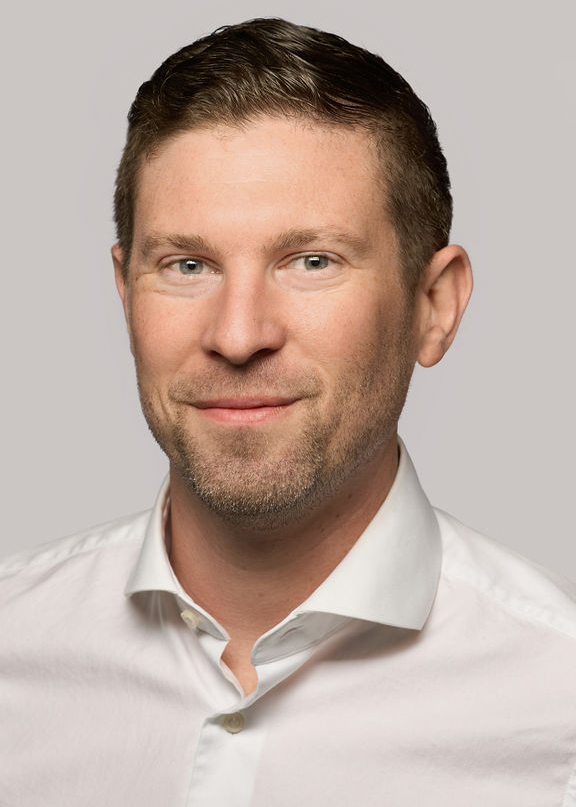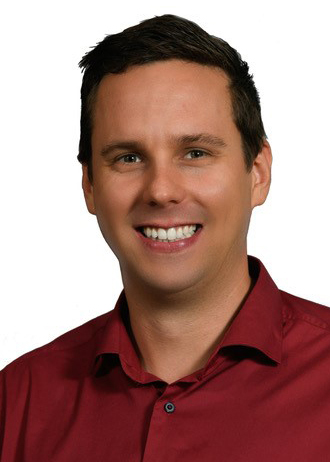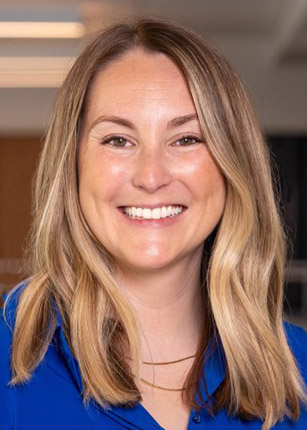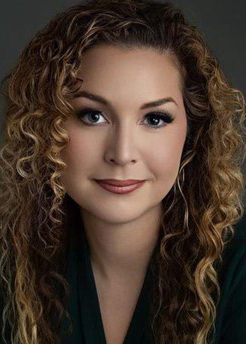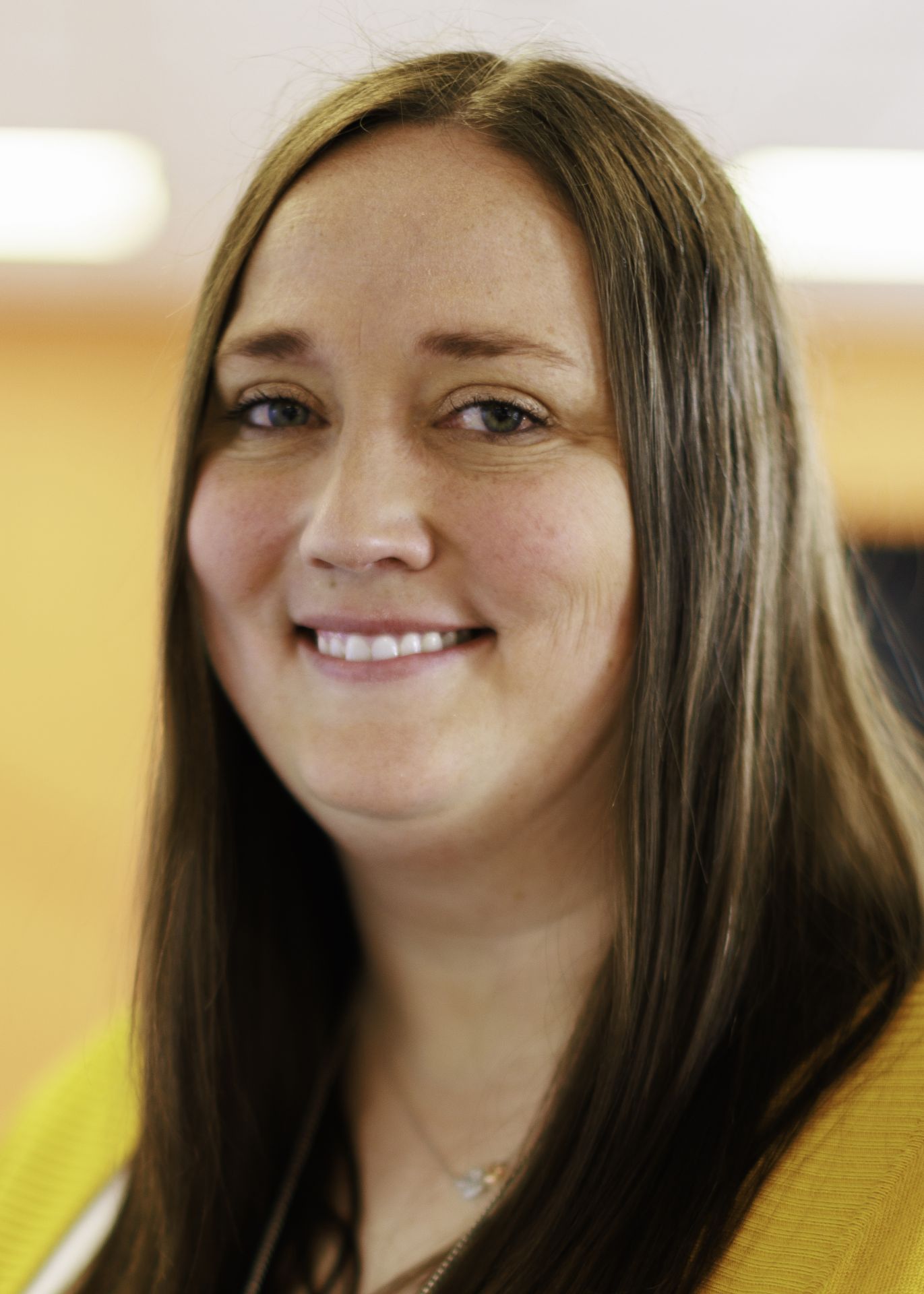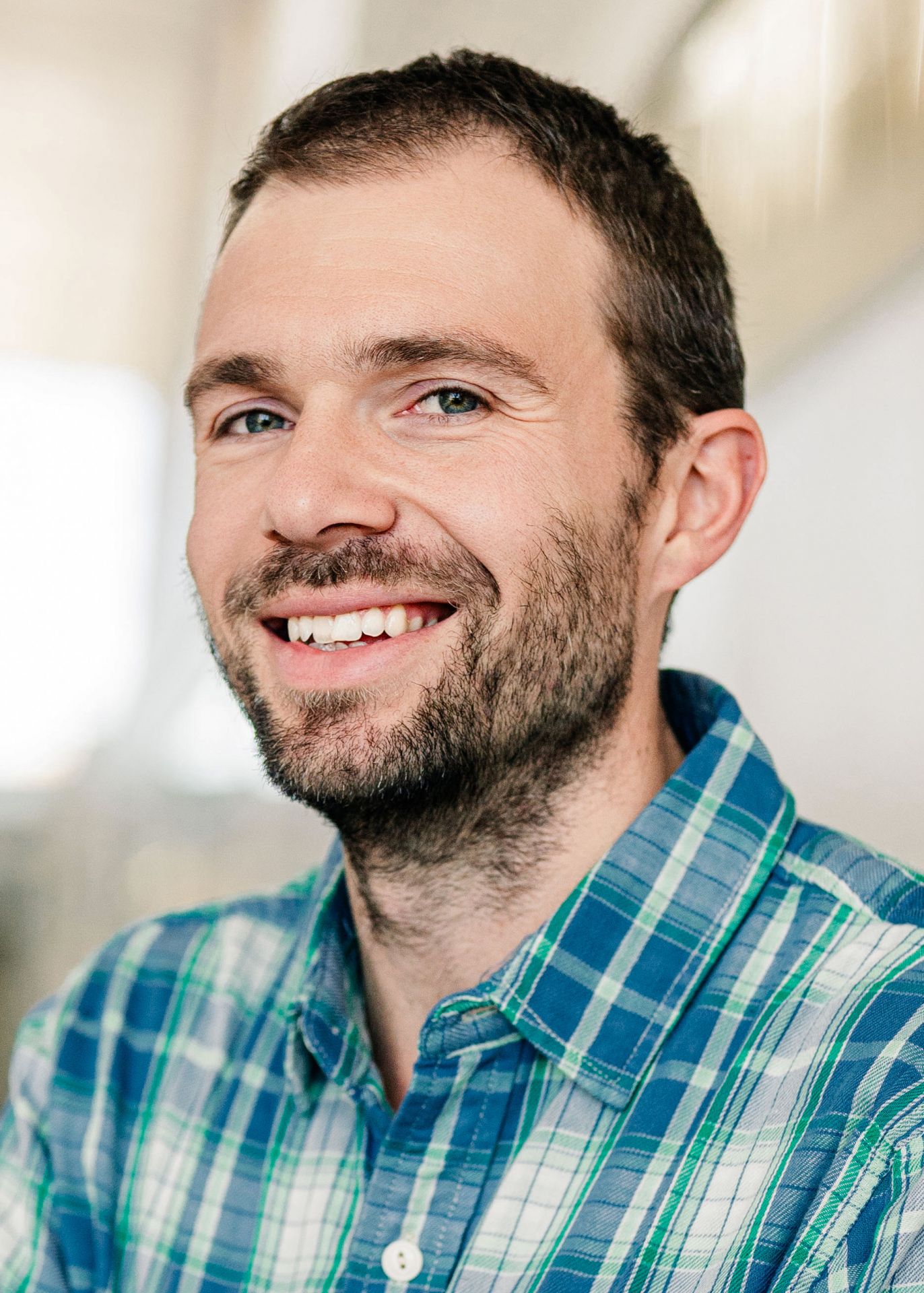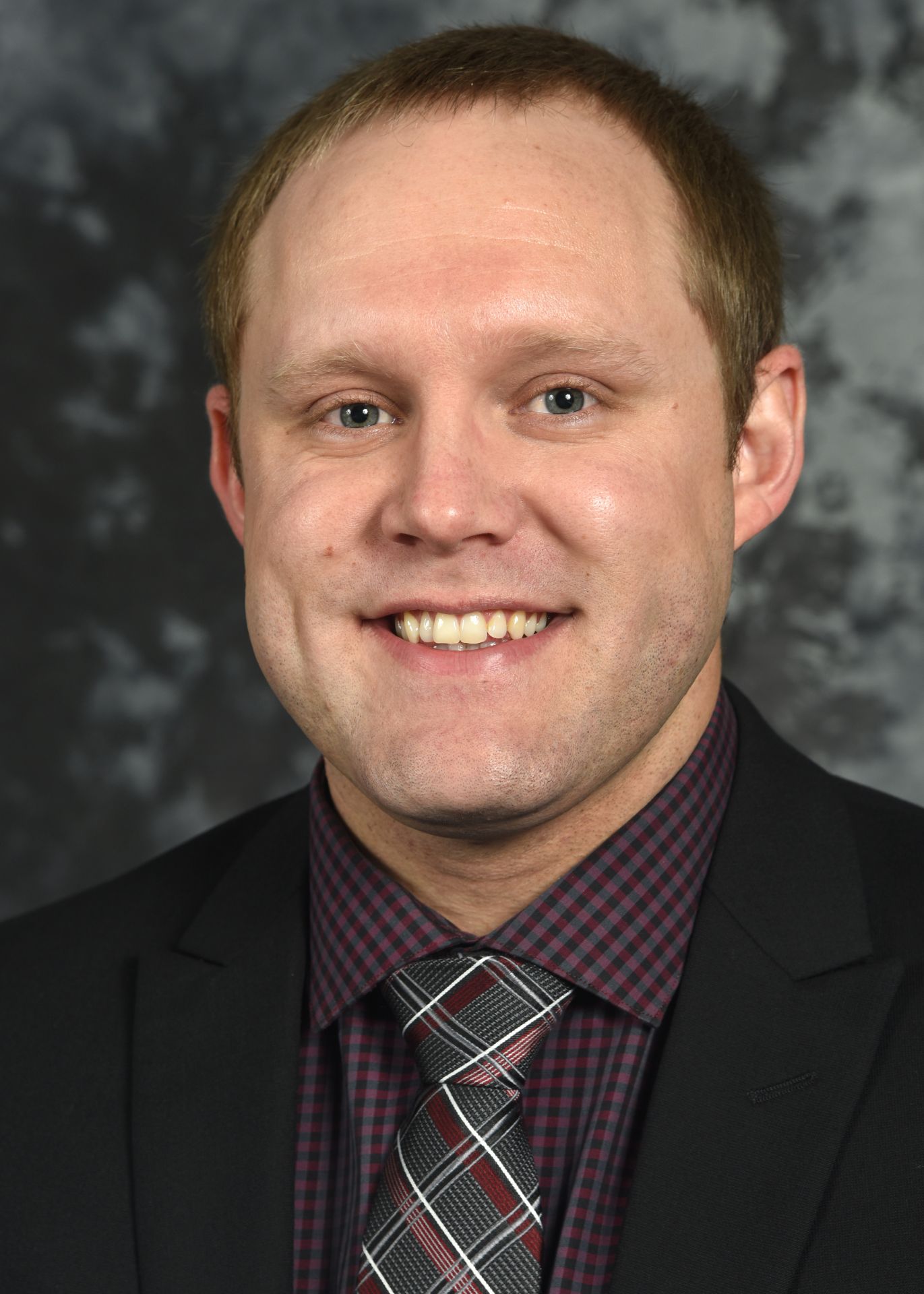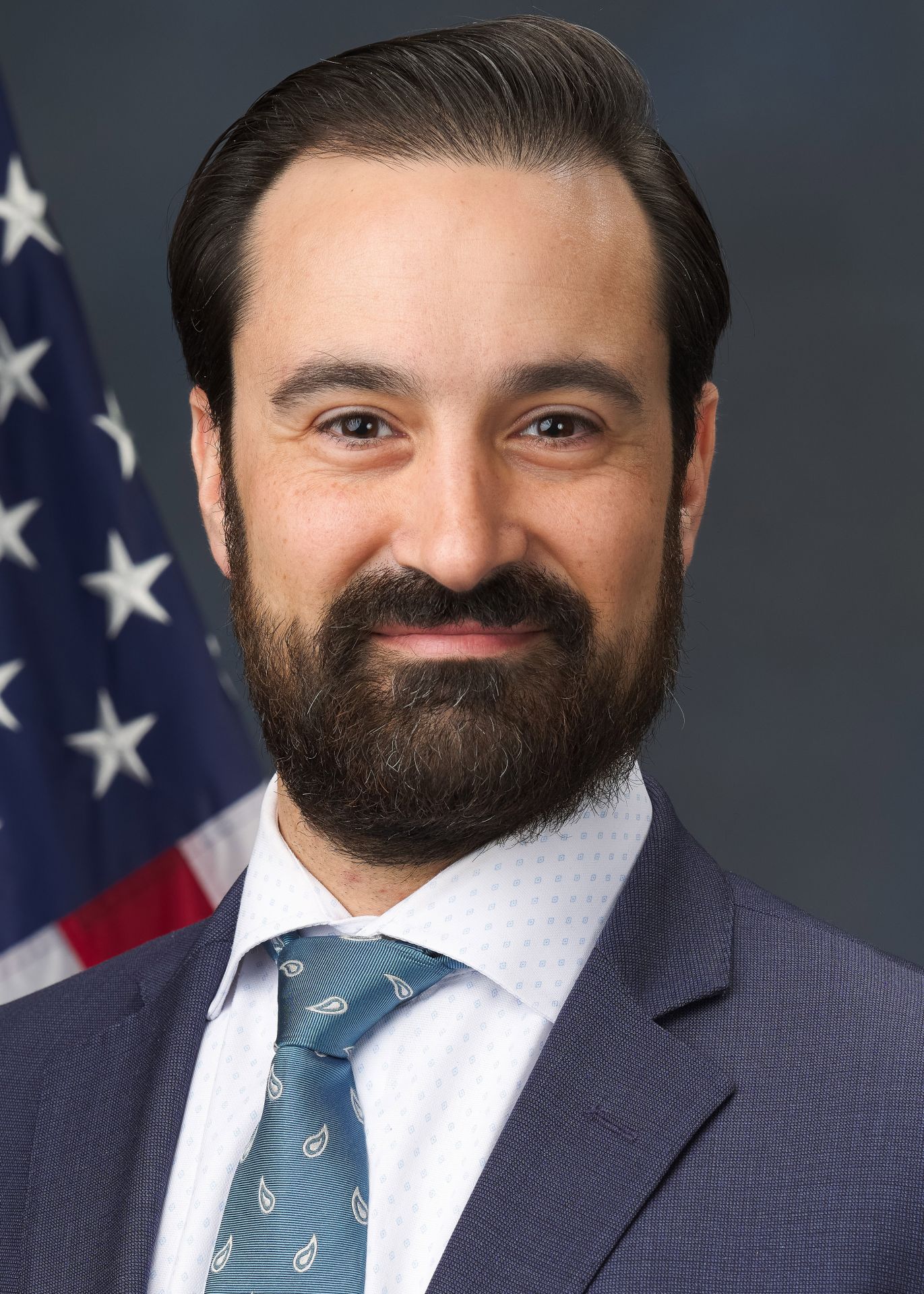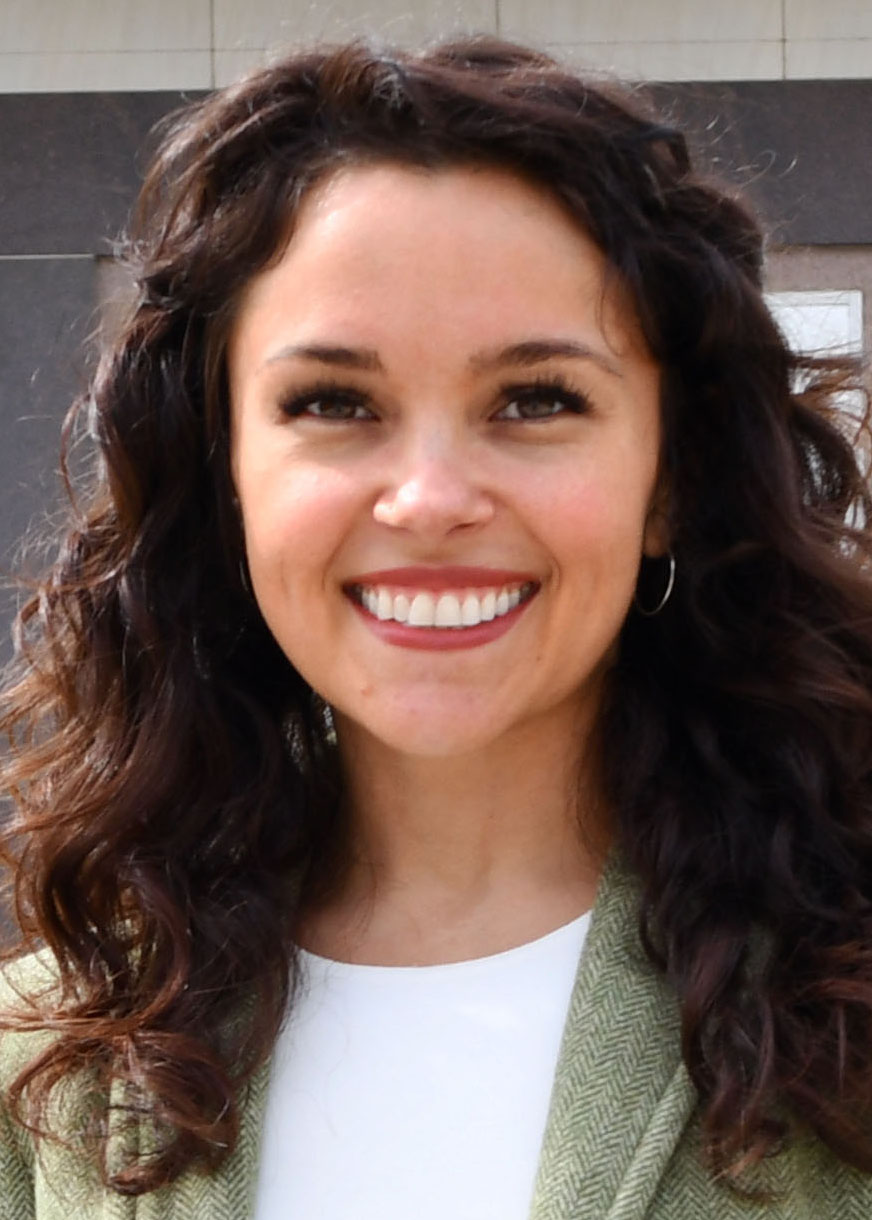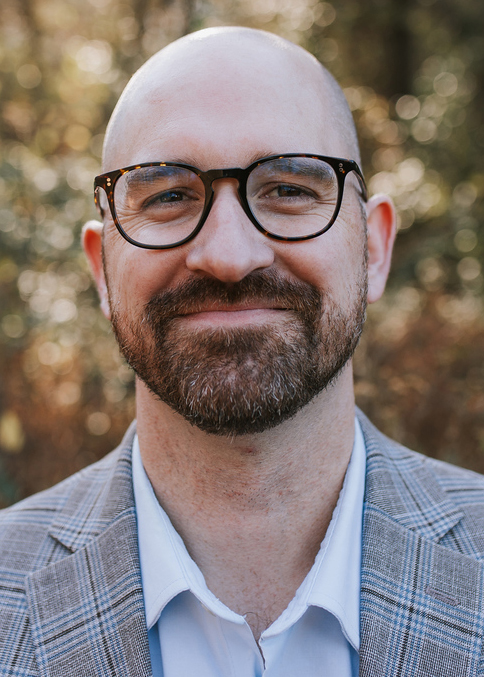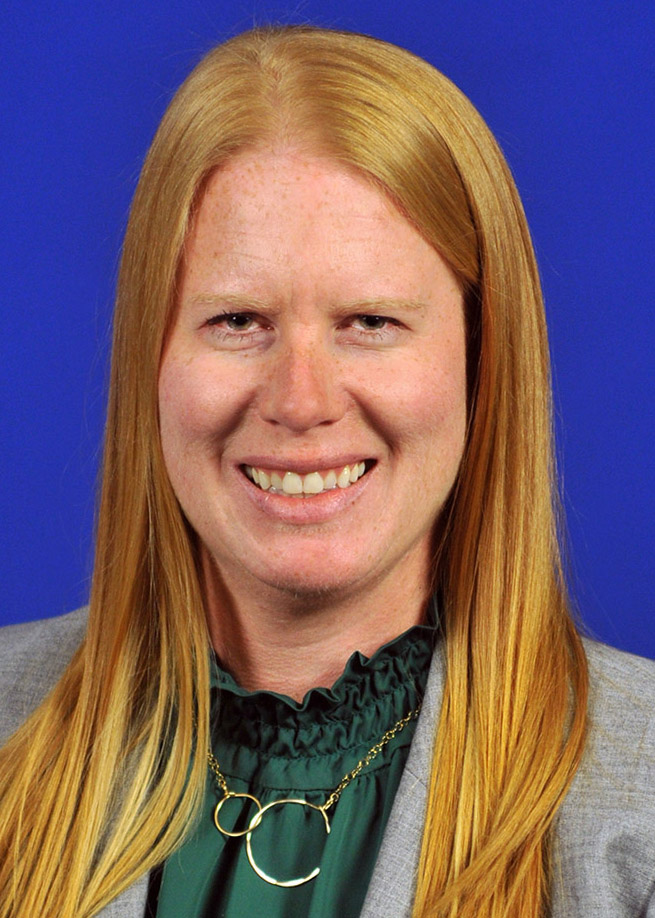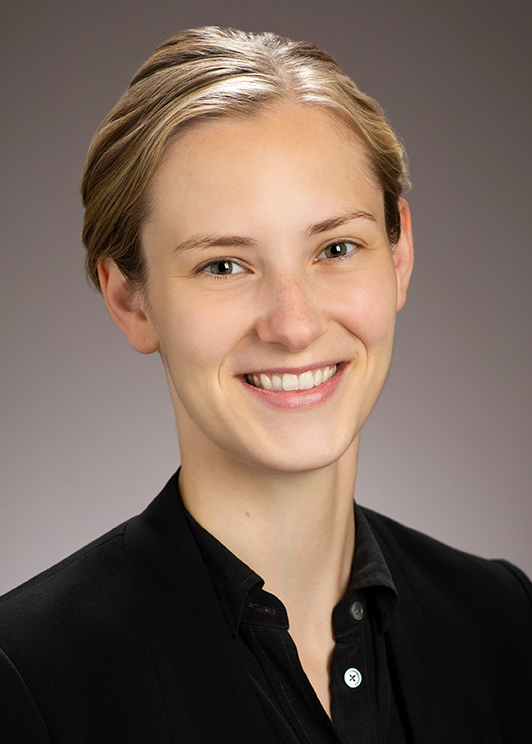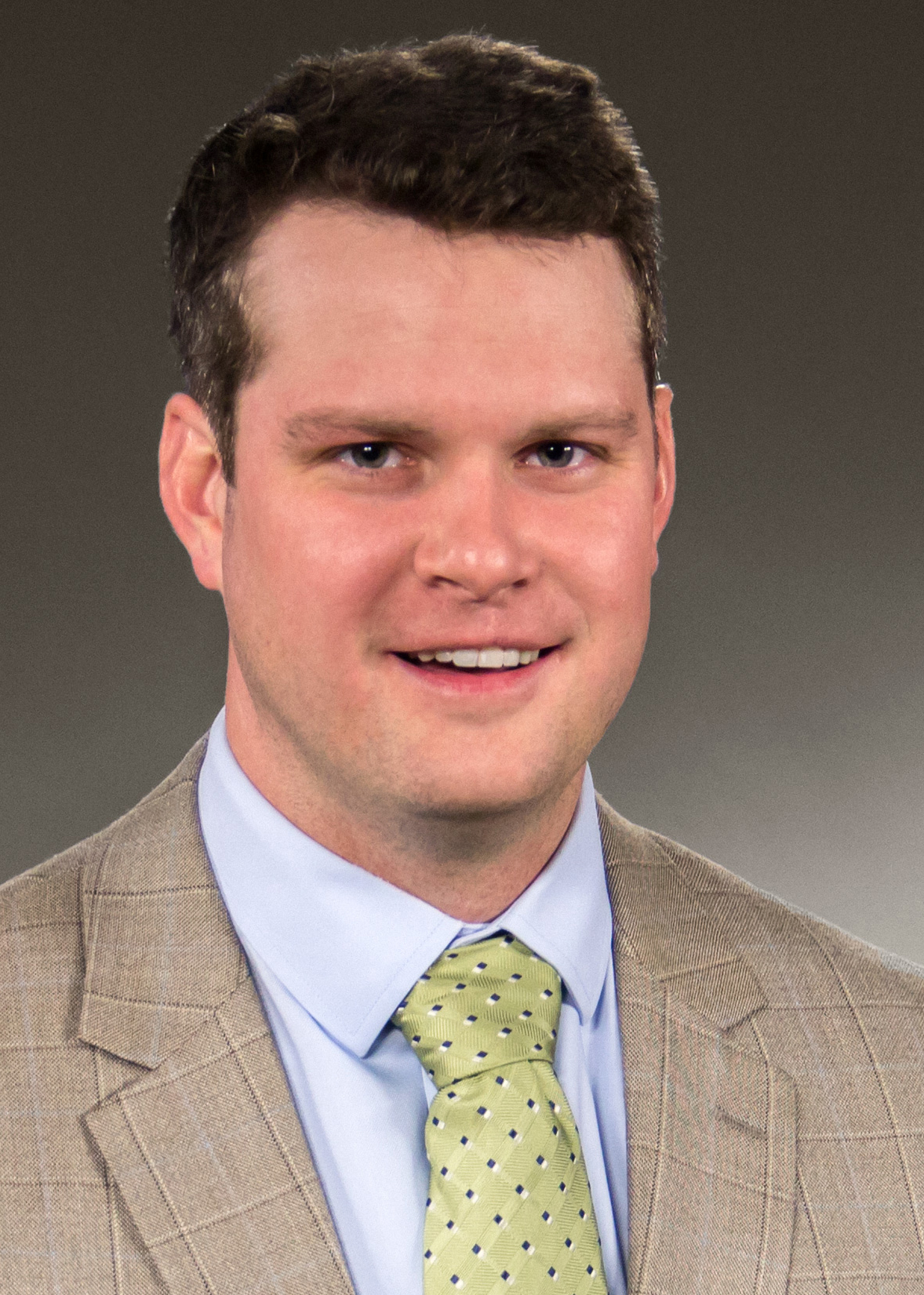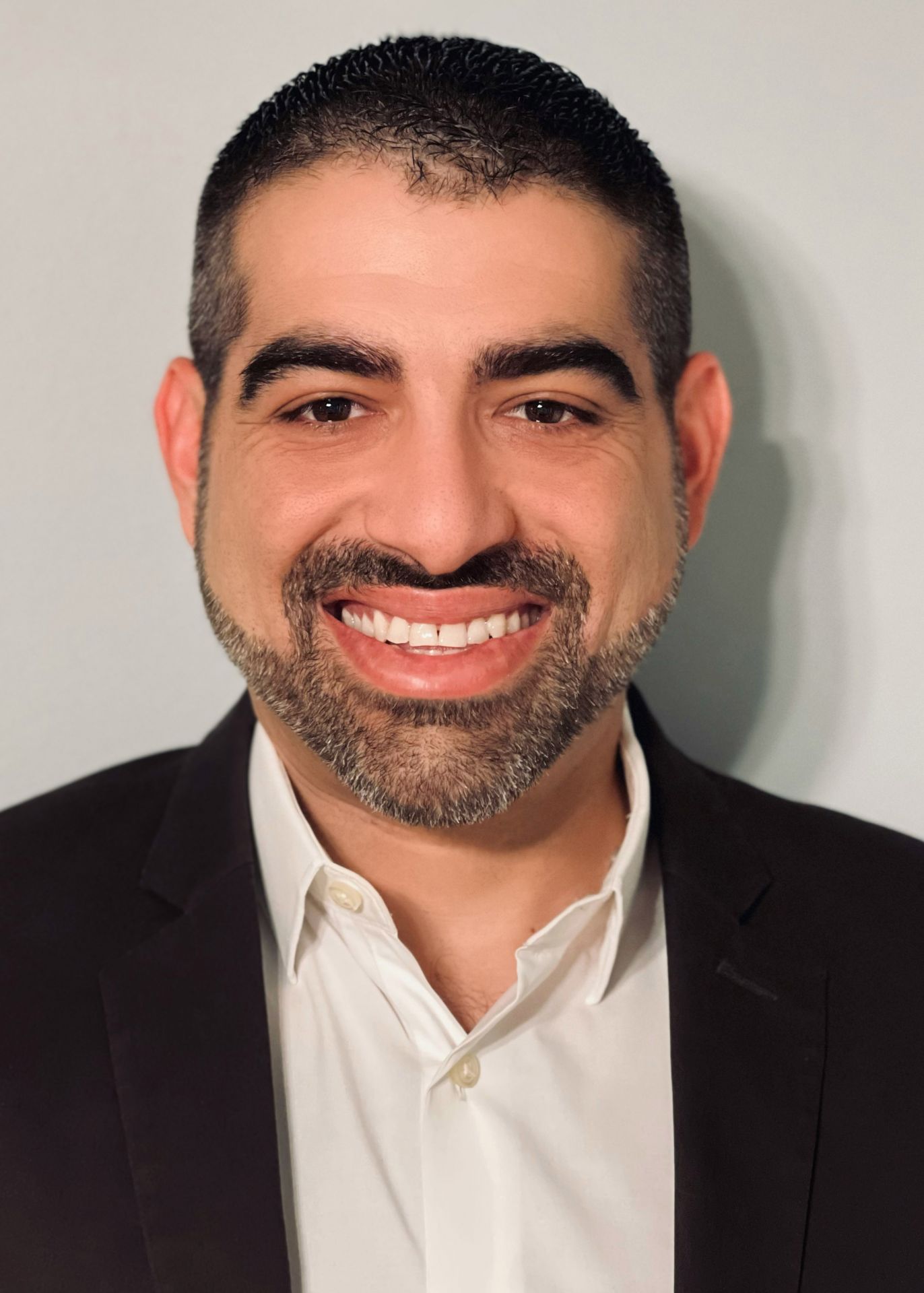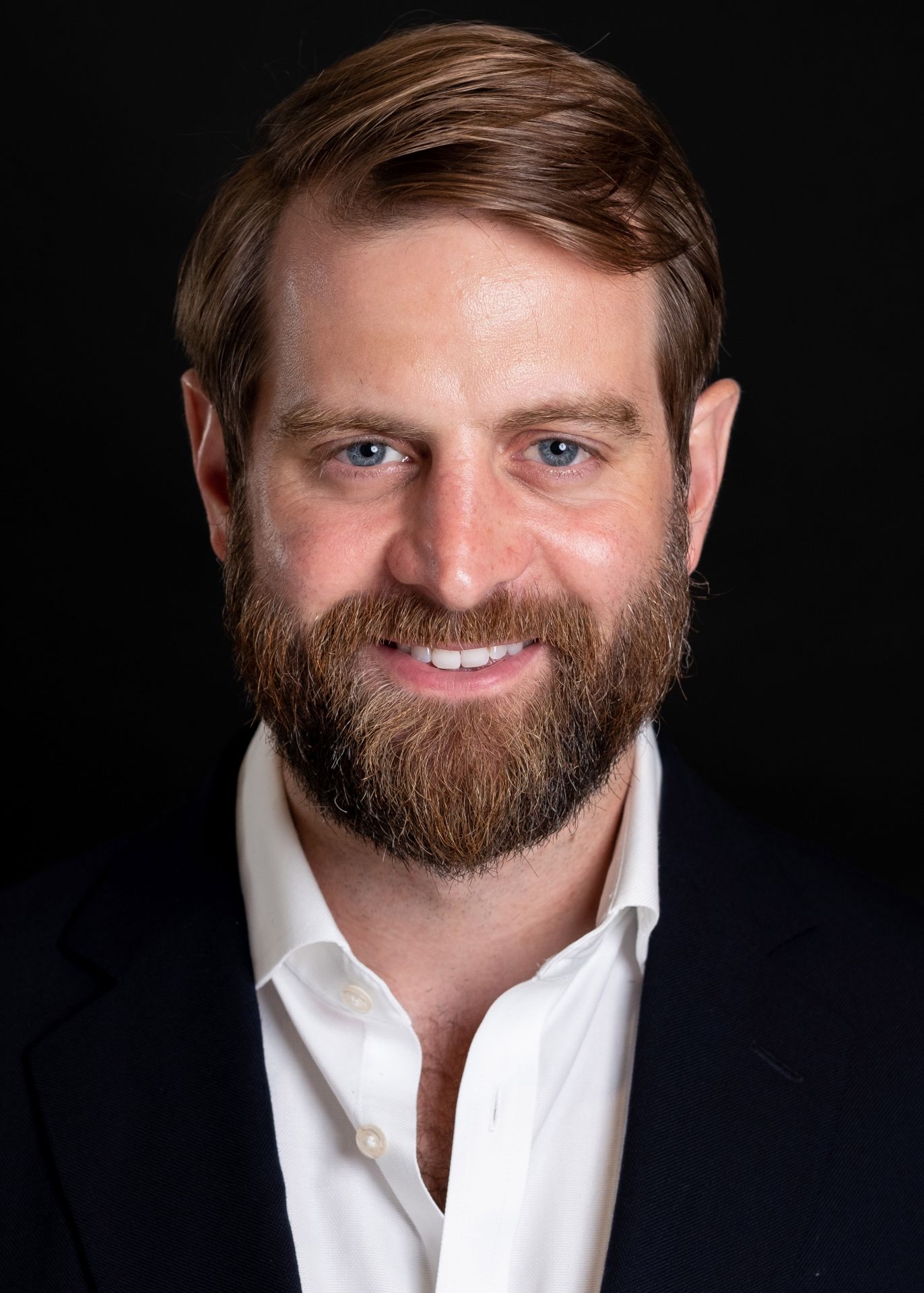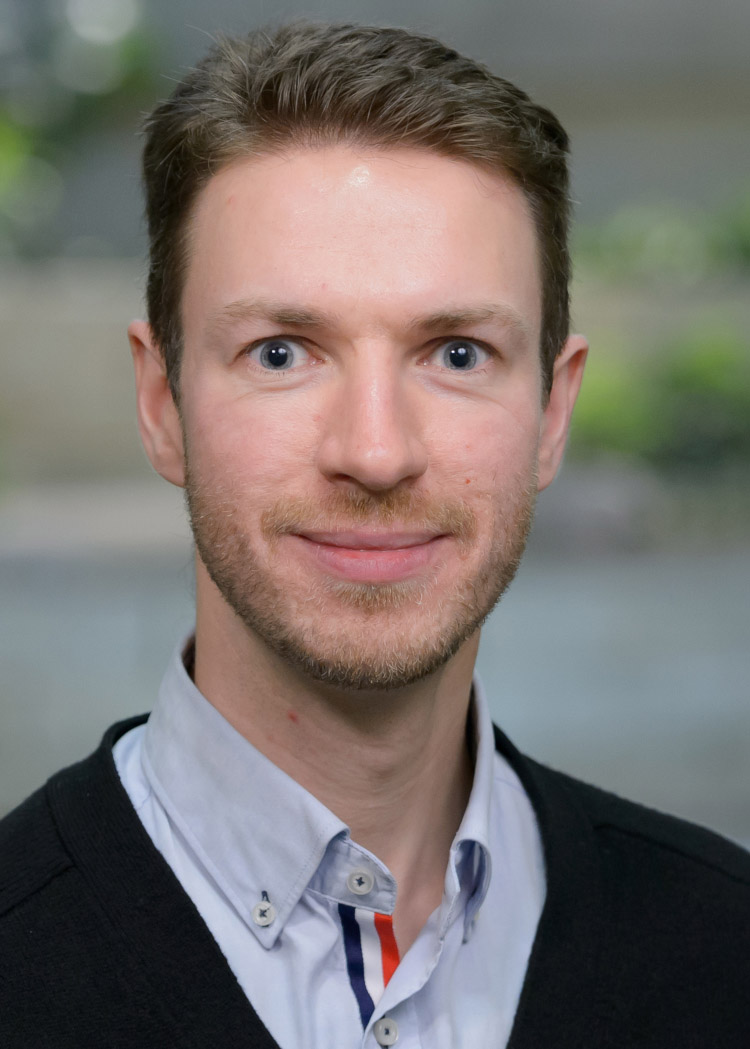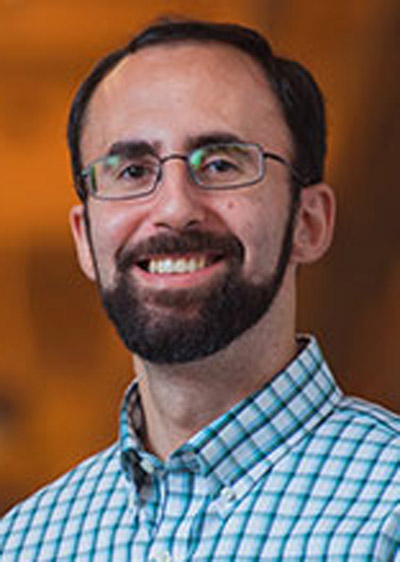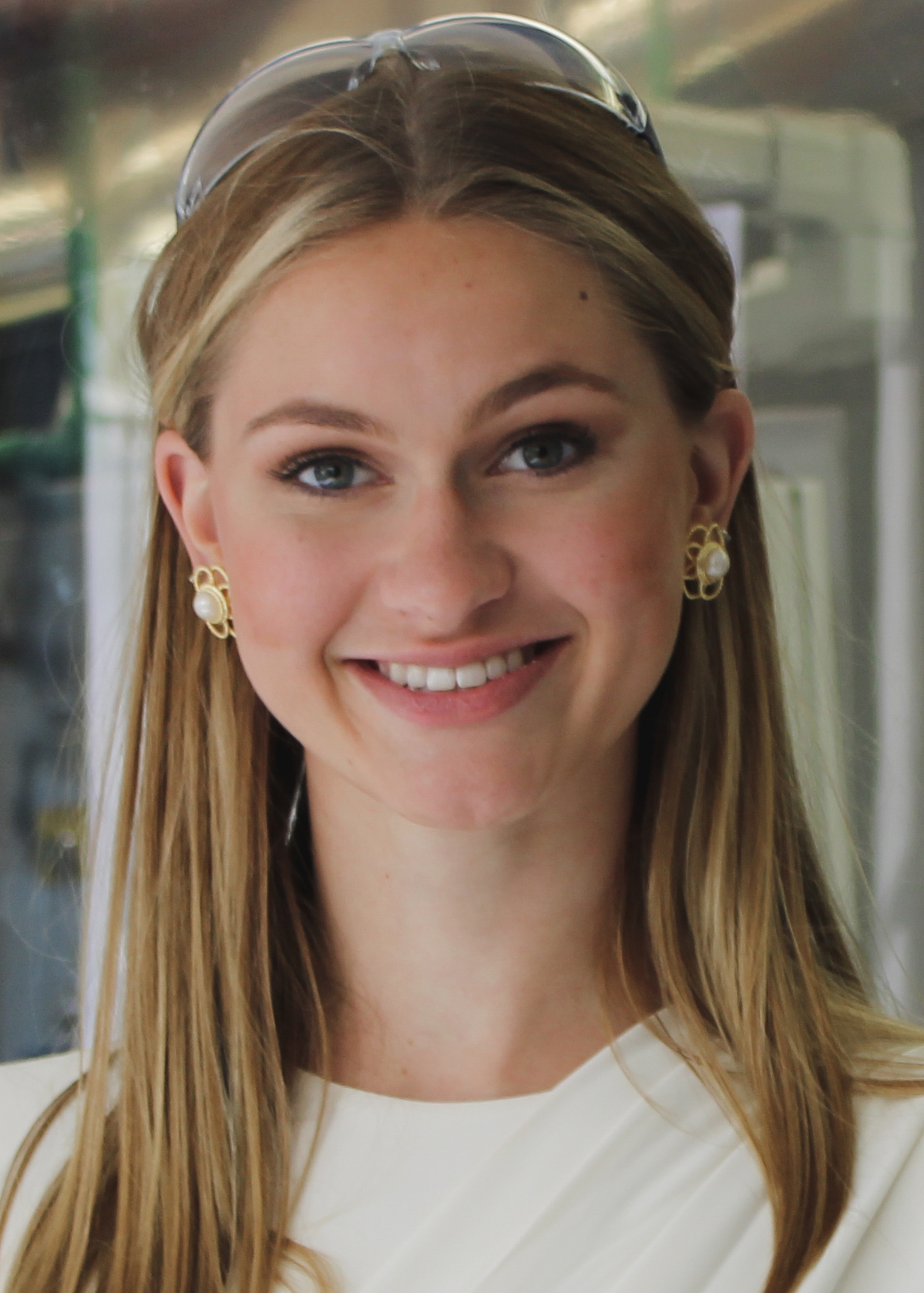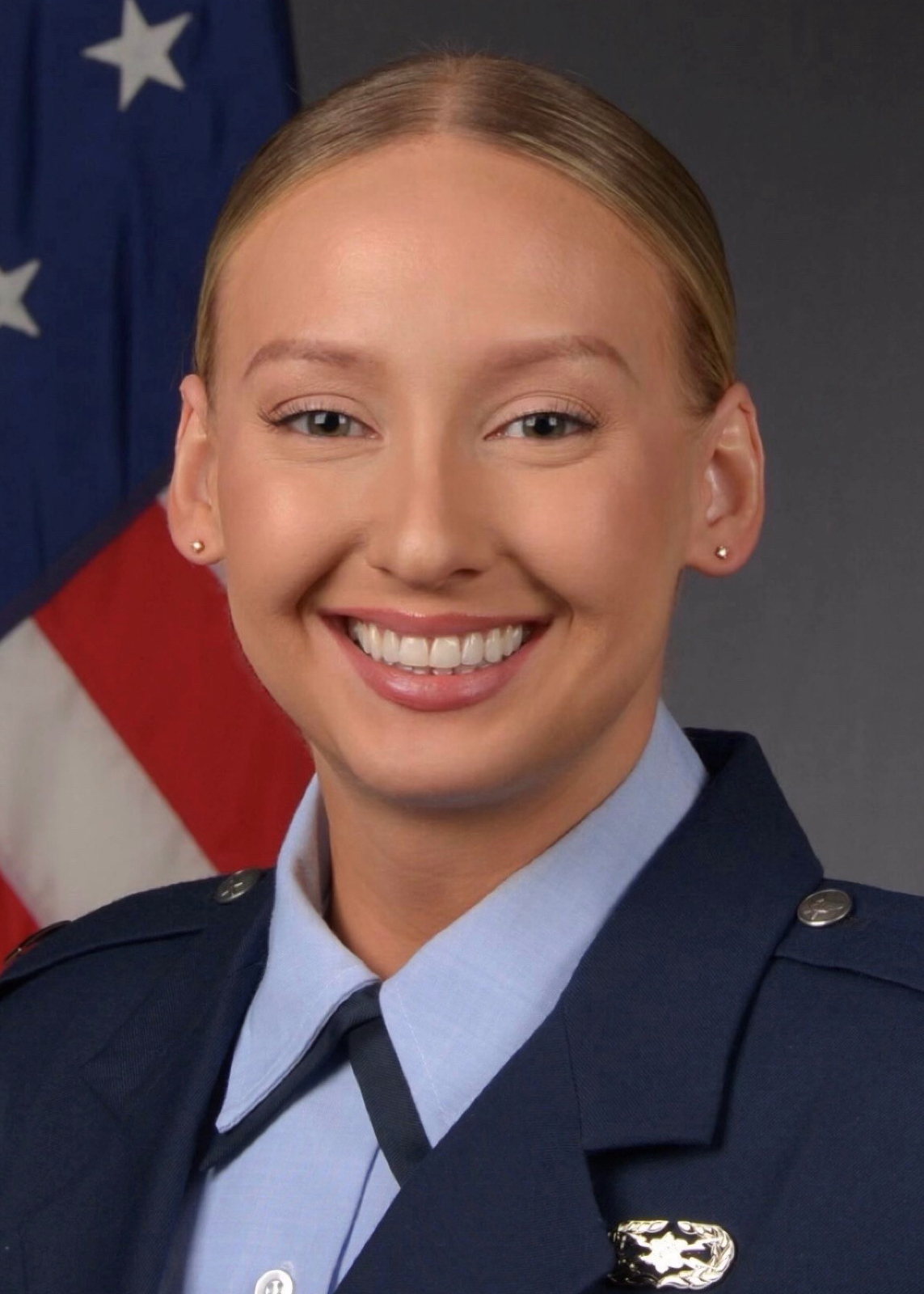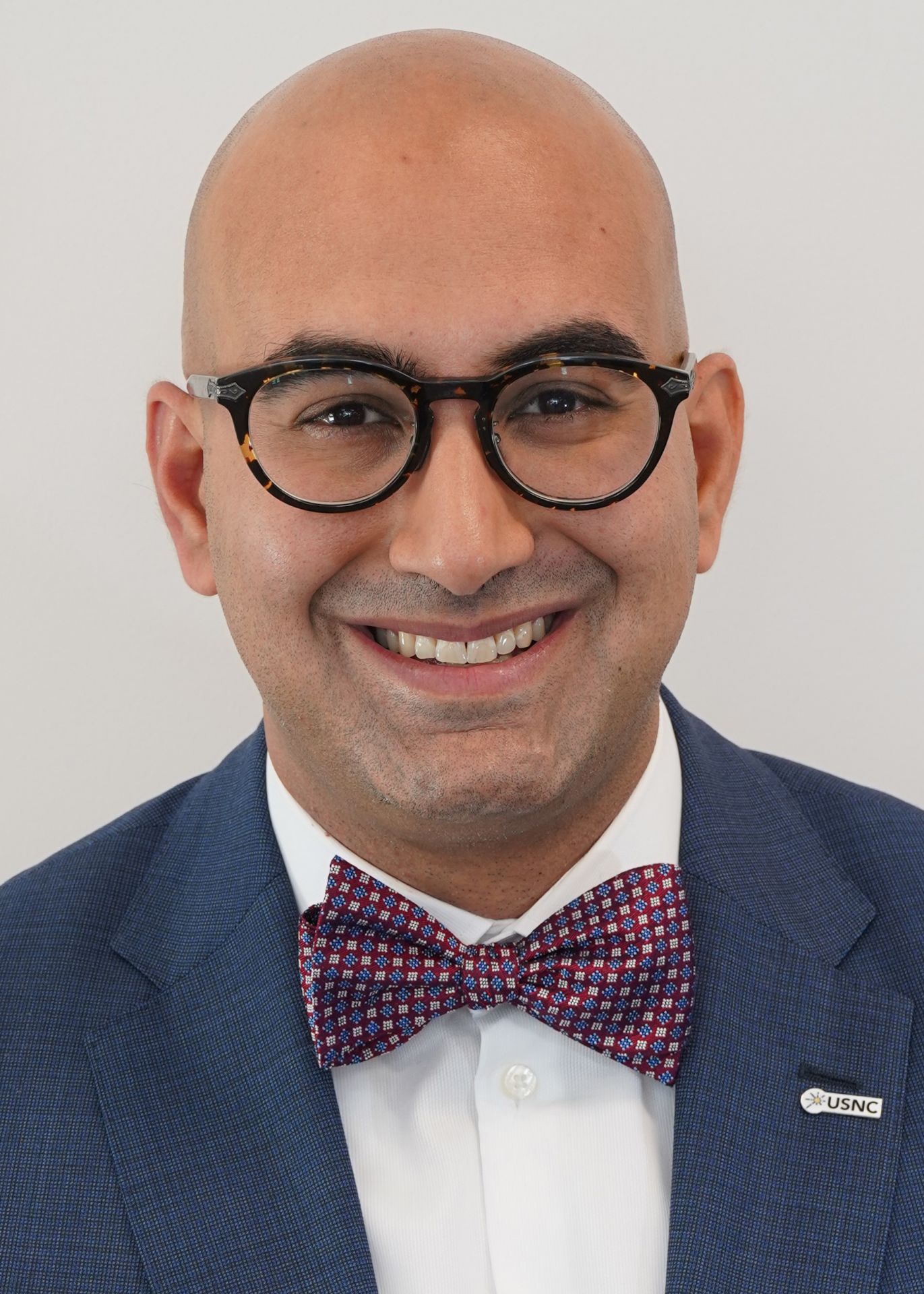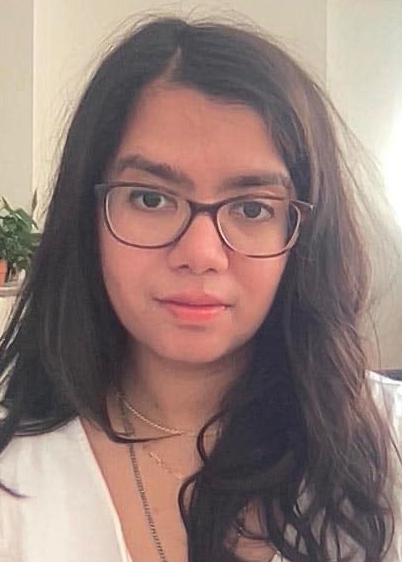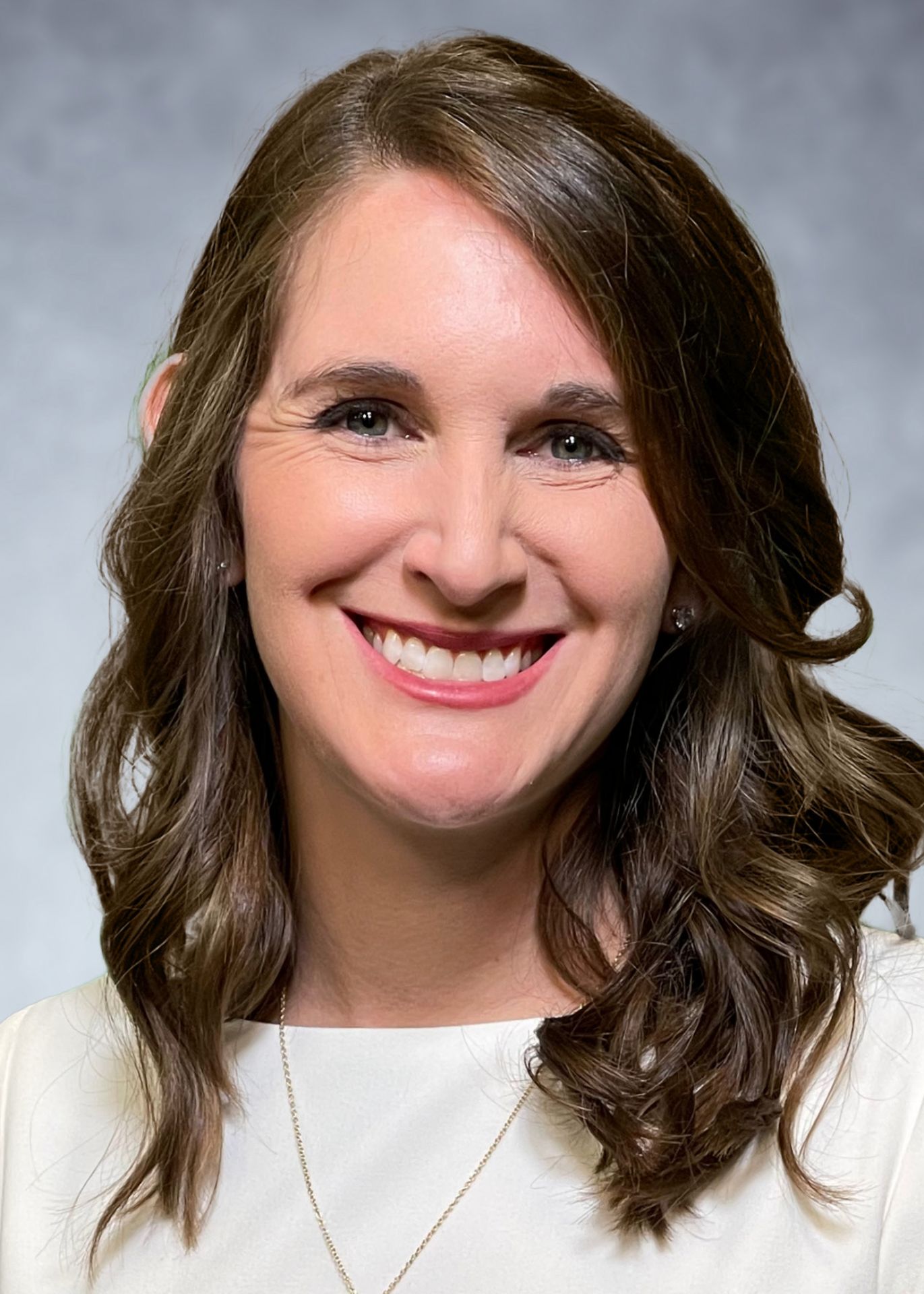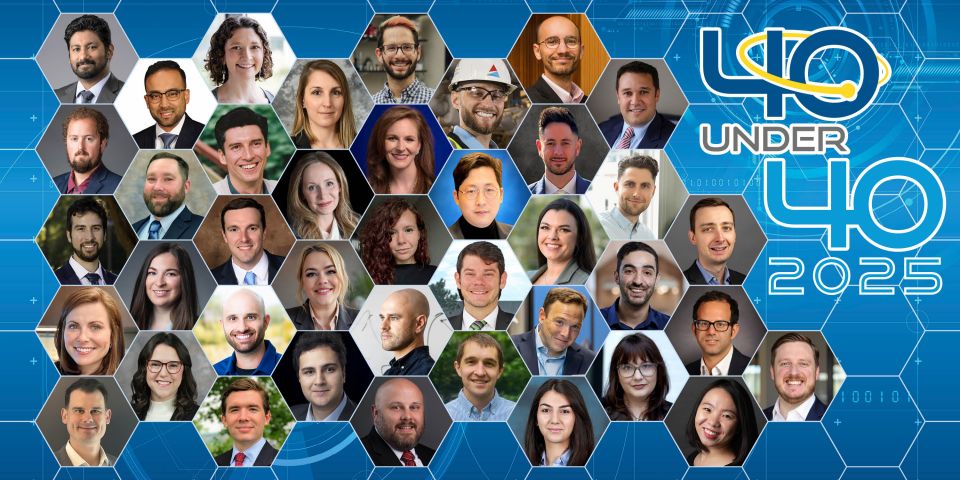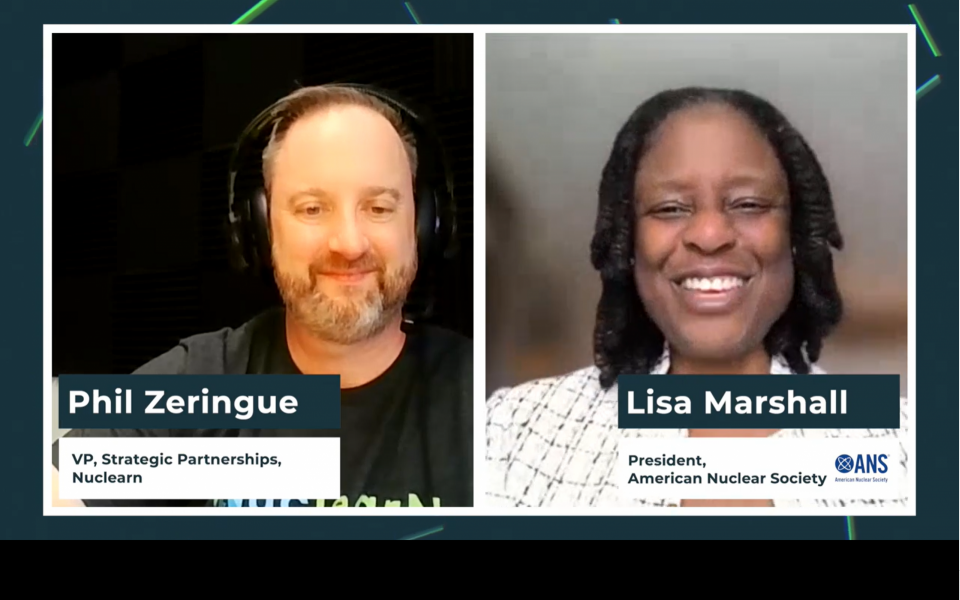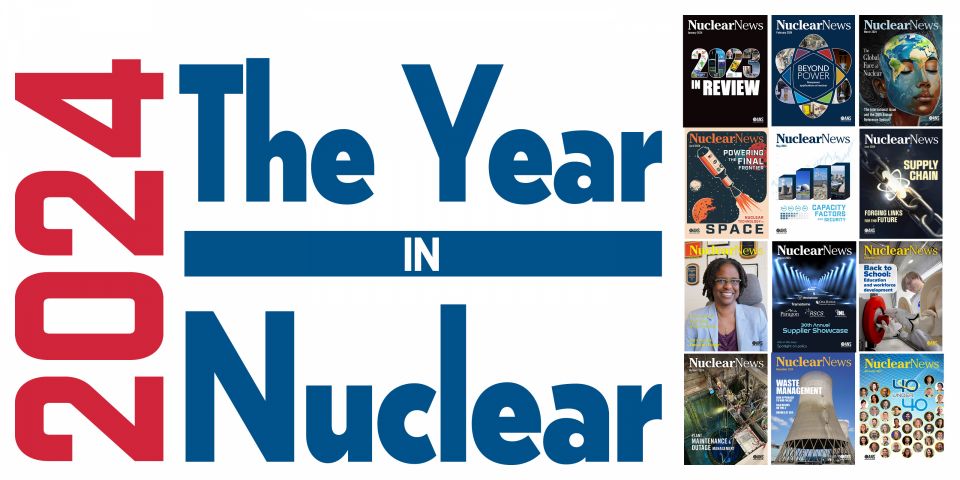Nuclear News 40 under 40
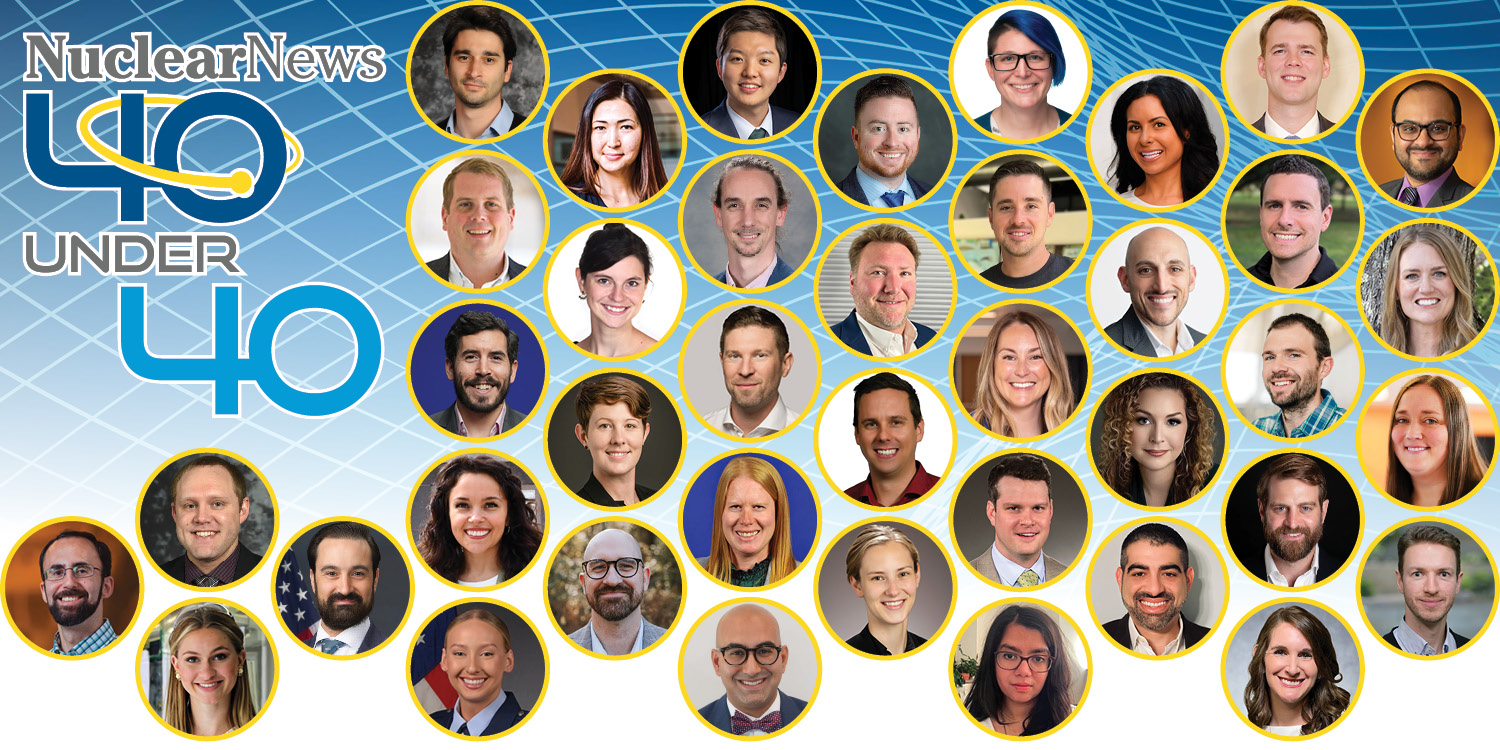
Welcome to the inaugural Nuclear News 40 Under 40! A year in the making, this list was a difficult undertaking for the NN staff, there being so many qualified and enthusiastic candidates to review. The task was further complicated by the great diversity of roles that exist within the nuclear community—from academia to labs and from utilities to government positions. Whatever their specific niche, those selected represent the exceptional talent, vision, and drive that is transforming the nuclear sector across the community. These 40 young professionals have shown remarkable commitment, innovation, and leadership in advancing nuclear science and technology, paving the way for a future in which nuclear power and applications will continue to play a vital role in addressing global challenges.
This recognition celebrates the impact these individuals have made in fields as varied as advanced reactor technology research and deployment, radioisotope systems, nuclear policy, waste management, machine learning and artificial intelligence, fusion technology, fuel supply chain development, advanced fuel research, nonproliferation and national security applications, aging management, and many more.
The list emphasizes not only professional achievements but also the meaningful ways these individuals are engaging the public, influencing policy, and shaping nuclear’s future through mentorship and collaboration. The honorees’ leadership inspires colleagues and strengthens the foundations of the nuclear field. Nuclear News is proud to celebrate these young professionals for their forward-thinking leadership.
Besides giving credit to 40 well-deserving individuals, our goal was to create a fun and interesting look at some of the amazing talent in today’s nuclear community—with that in mind, we think we have achieved our goal.
The Nuclear News 40 under 40:
Abdalla Abou-Jaoude
Age: 33
Title: Deputy director of the Systems Analysis and Integration Program and MARVEL reactor interface lead, Idaho National Laboratory
Hometown: Lebanon
Abou-Jaoude, a leading authority in advanced reactor technology at INL, plays a crucial role in shaping nuclear energy’s future through his leadership in Department of Energy initiatives and groundbreaking research, including a pioneering fueled salt irradiation experiment. He manages about 30 staff across six labs, handling a large volume of technical work while motivating his team to deliver, thanks to his impressive leadership skills.
When did you first discover nuclear? I first got excited about nuclear after reading Dan Brown’s Angels & Demons and learning about antimatter. That led me to many late nights researching particle/nuclear physics and convinced me that I wanted to make a career in nuclear engineering.
When you reflect on your career so far, which achievement stands out most? Leading the first enriched uranium molten salt irradiation since the 1960s. It is also the first time in history that fuel-bearing chloride salt has been irradiated.
What’s on your bucket list? I am a big fan of traveling. I recently ticked off countries on my bucket list like Japan, Vietnam, Egypt, and Spain. Up next on my list are Brazil, Morocco, and Peru.
Assel Aitkaliyeva
Age: 39
Title: Associate professor of nuclear engineering, University of Florida
Hometown: Almaty, Kazakhstan
Aitkaliyeva’s research in nuclear materials and fuels during her time at Idaho National Laboratory and her work at the University of Florida have led to a number of advancements. At UF, she established the MANATEE group, which is at the forefront of studying nuclear fuels, distinguished by its authorization to perform microstructural characterization of irradiated fuels—a unique capability within the U.S. academic landscape.
Who is your MVP? My mom always was and will forever be my hero. She came from a very humble background and taught us kids to appreciate what we have and treat everyone with respect.
What is your favorite food? Manti, a Central Asian version of dumplings.
What is the best career advice you have received? Never say no to an opportunity; you never know where life can take you.
JungHyun Bae
Age: 34
Title: Eugene P. Wigner Distinguished Staff Fellow, Oak Ridge National Laboratory
Hometown: Seoul, South Korea
Bae, who specializes in developing advanced muon tomography systems and radiation detection technologies for nuclear waste management and national security applications, leads multidisciplinary research projects as principal investigator and also mentors undergraduate and graduate students.
What is a long-term career goal? My expertise lies in radiation detection, including cosmic muons, nondestructive examination, and nuclear waste management. I am focused on expanding research collaborations in these areas, nationally and internationally, to drive cutting-edge advancements.
What was your first job, and what did it teach you? After completing my Ph.D., I began my career at ORNL as a Eugene P. Wigner Distinguished Staff Fellow, where I have gained a deep appreciation for the importance of collaborating with scientists and engineers across various disciplines in order to achieve meaningful scientific breakthroughs.
What is the best career advice you have received? My supervisor, Paul Cantonwine, consistently emphasizes the importance of documenting and recording ideas and R&D activities, often quoting Admiral H. G. Rickover: “Nothing so sharpens the thought process as writing down one’s arguments. Weaknesses overlooked in oral discussion become painfully obvious on the written page.”
Nicholas Brown
Age: 38
Title: Professor of nuclear engineering and Pietro F. Pasqua Fellow, University of Tennessee
Hometown: Albuquerque, N.M.
Brown’s impactful research spans various areas of nuclear science—from reactor safety to the simulation of reactor and system transients—but his work in advanced nuclear fuel and cladding materials, nuclear fuel safety, and sustainable fuel cycles shows the depth of his expertise. He is a highly regarded educator who mentors graduate and Ph.D. students.
When did you first discover nuclear? In New Mexico, nuclear is a part of the history of the state. I went to the Trinity Site with my dad when I was 8 or 9 years old.
What song is on repeat on your Spotify right now? “Rock Believer” by the Scorpions.
When you reflect on your career so far, which achievement stands out most? I am most proud of the achievements of my students: seven Ph.D. graduates and 21 M.S. graduates from my group, along with 10 Ph.D. students and three M.S. students who will hopefully be graduating in the next few years. Being a tenured full professor at 38 years old is pretty cool, too.
Emily Caffrey
Age: 36
Title: ANS Congressional Fellow, Senate Budget Committee (Sen. Whitehouse, chair)
Hometown: Santa Rosa, Calif.
Caffrey is a certified health physicist who is passionate about radiological science and the environment. In addition to being an ANS Congressional Fellow this year, she is an assistant professor and the director of the graduate-level Health Physics Program at the University of Alabama–Birmingham. She lends her expertise and voice to podcasts, YouTube videos, and other outreach efforts where she helps educate the public.
What was your first job, and what did it teach you? I was a cashier, stocker, and weekend bookkeeper at Longs Drugs when I was 16. Hard work pays off! That job enabled me to buy my first car and my first mountain bike.
Who has been your greatest influence? Hands down, Oregon State University professors Kathy Higley and Andy Klein. Both tremendously shaped my academic career. Kathy is the reason I got a Ph.D. and pursued environmental health physics. Andy is someone who I think about often when teaching. He had a way of teaching extremely difficult material in an explainable way that I hope one day to be able to emulate. Both are professionals who I hope to be like when I grow up!
What is your secret talent? I am a baker! Sourdough bread, sourdough cinnamon rolls, and fancy cakes are my expertise.
Danielle Castley
Age: 35
Title: Founder, Becq; president, Container Technologies Industries
Hometown: South Jersey
While working toward her Ph.D. at Dartmouth, Castley started Becq (formerly Neutroelectric) to pursue the development of advanced nanoparticle-based radiation shielding materials. Becq now serves the needs of the U.S. Air Force and U.S. Space Force. She is also the chief executive officer of Container Technologies Industries, a metal fabricator of standard and specialty nuclear waste containers.
What did you want to be when you grew up? A race car driver. State police remind me all the time that I’m not.
When you reflect on your career so far, which achievement stands out most? “Crossing the chasm” from R&D to commercialization with new radiation shielding technology.
What is a long-term personal goal? I would love to learn to garden and have a greenhouse filled with fresh fruits and vegetables year-round.
Adam Deatherage
Age: 29
Title: Applications engineer, AMS Corporation
Hometown: Knoxville, Tenn.
Deatherage supports a variety of business development efforts, with a primary focus in electromagnetic compatibility testing and cable aging management technologies. During his time at AMS, he has made a significant contribution to the growth of the business, supporting efforts worth more than $9 million in contracts and more than $5 million in DOE awards.
Who has been your greatest influence? My mom and dad have had the greatest impact on who I am today, personally. In the nuclear world, I have so much to be grateful for to H. M. Hashemian (AMS president and vice president/president-elect of ANS), who has mentored me, always emphasizing the importance of having someone in your corner who can point you in the right direction. I have learned so much from his dedication, work ethic, and, more importantly, how he cares for people and the hospitality he lives out daily.
What is your favorite food? I’ve been on a big Thai food kick recently, and I generally would be perfectly happy with a diet of only Asian cuisine.
What is the best career advice you have received? Warren Buffett has a quote: “It doesn’t matter how hard you row, but which boat you get in.” Finding the right company and team where you can really make an impact is one of the most important things you can do for your career.
Harsh Desai
Age: 37
Title: Chief commercialization officer, Zeno Power
Hometown: Vadodara, India
Desai, a former ANS Congressional Fellow, has broad experience in the nuclear industry, including national labs, government, industry, founding his own consulting firm, to now being the CCO of Zeno Power. He currently serves as ANS treasurer and is on the Board of Directors. He is also a nonresident senior fellow of the Atlantic Council and serves on NC State’s Nuclear Engineering Department Advisory Committee.
When you reflect on your career so far, which achievement stands out most? In no particular order: making a nuclear family (my wife’s family comes from a naval nuclear background); working with some of the smartest people; doing a reactor start-up (initial criticality) of the USS Minnesota (SSN-783); working in the U.S. Senate to advance clean energy and transportation initiatives; deploying innovative and entrepreneurial programs at national labs; building a team and company from the ground up focused on a singular mission to deploy an advanced nuclear technology for austere environments; and being a change agent to help transition to the “ANS of the future.”
What is a long-term goal? I want my 2-year-old daughter to be proud of her dad for making an impact to democratize access to clean electricity on this planet and beyond.
What is your secret talent? I am a thrill seeker and adrenaline junkie who will try anything at least once, whether it’s chasing tornadoes or growing exotic peppers that required everyone in the house to evacuate when I cooked them.
Kevin Field
Age: 39
Title: Associate professor, NERS Department, University of Michigan; director, Michigan Ion Beam Laboratory
Hometown: Sycamore, Ill.
Field has published over 100 peer-reviewed nuclear materials articles and is a former Oak Ridge National Laboratory Wigner Fellow. His work has influenced and directed the development of advanced FeCrAl alloys, which have now been fabricated and evaluated with GE nuclear fuels. He also cofounded microscopy company Theia Scientific LLC.
What did you want to be when you grew up? As a child, I dreamt of becoming an engineer—the kind that operates a “choo choo” train. In hindsight, the countless hours I spent constructing intricate railways were more than just play; they nurtured my passion for design and creation.
When did you first discover nuclear? I was never exposed to nuclear in college, but when I decided to get a Ph.D. I wanted to find a project that was focused on steels, as that was my focus in undergraduate. At the time, only one advisor at University of Wisconsin was working on steels—Todd Allen, who was doing radiation effects testing in steels. It sounded interesting, so I joined the group and have been discovering nuclear ever since.
What’s on your bucket list? I have always wanted to get my pilot license. The concept of flight was one of the reasons I think I was interested in engineering early on. I would love to be able to fly back to my hometown to get a shake from Ollie’s, my favorite frozen custard stand!
Sarah Finkeldei
Age: 39
Title: Assistant professor, Department of Chemistry, University of California–Irvine
Hometown: Aachen, Germany
Finkeldei’s research is dedicated to the role of complex oxides relevant to nuclear energy applications and their behavior under extreme conditions. In addition to designing and testing more accident tolerant nuclear fuel, she is a tireless advocate for nuclear who excels at outreach, encouraging underrepresented groups to consider nuclear science careers. She also established an undergraduate course to train reactor operators for the TRIGA reactor at UC Irvine.
When you reflect on your career so far, which achievement stands out most? I take great pride in the research group I’ve built at UC Irvine. Working alongside students has been the most rewarding part of my career. One of my key achievements is the nuclear science workforce development program I established for undergraduate students. Each summer, students join me for a week at Lawrence Livermore National Laboratory, where they learn about ongoing research and tour different facilities. This has consistently been one of the most rewarding and fun activities throughout the years.
What was your first job, and what did it teach you? My first job ever was babysitting five neighborhood kids. I learned to be very patient and to see the world again through the curious eyes of children.
If you had a theme song, what would it be? My go-to song for submitting proposals is actually Queen’s “Don’t Stop Me Now.”
Carlo Fiorina
Age: 39
Title: Associate professor of nuclear engineering, Texas A&M University
Hometown: Italian Alps
As a professor of nuclear engineering, Fiorina specializes in advanced reactor design and technology, fusion energy engineering, and computational modeling for next-generation nuclear systems. He has shown excellence in the realm of multiphysics nuclear reactor simulation, having contributed significantly to the field through his groundbreaking research and outstanding leadership in international collaborations. Fiorina co-organized and led the international IAEA Open-source Nuclear Codes for Reactor Analysis Technical Meeting in Milan, which was the first meeting to gather the global open-source nuclear community.
When you reflect on your career so far, which achievement stands out most? Helping develop the OpenFOAM computational fluid dynamics software into a tool that is applicable to nuclear reactor design and analysis; although, what truly has made me happy are the thank-you letters from some of my students. Knowing that I’ve made a positive impact on their learning and growth and that they’ve genuinely enjoyed coming to class is deeply rewarding.
What is a long-term career goal? I want to contribute in a meaningful way, as a researcher and educator, toward building advanced reactors and advancing fusion energy technology. I want to see these reactors become a reality.
What’s on your bucket list? Visiting all 50 U.S. states.
Shannon Fitzgerald
Age: 38
Title: U.S. sales manager and radiation safety officer, UniTech
Hometown: Two Rivers, Wis.
Fitzgerald worked his way up through the ranks at UniTech starting in 2010, first as a site decon tech, then site coordinator, and eventually managing all sales in the Midwest while also earning a bachelor’s degree in business administration. Fitzgerald’s dedication to quality has allowed him to nearly triple sales revenue for the company over the past eight years. Fitzgerald also currently serves as the vice president of the Nuclear Suppliers Association after serving on the board for the past five years. He has managed more than 120 outage projects for customers and is transitioning to director of sales for the whole company.
When did you first discover nuclear? I was at a local establishment shortly after I got the news that I had been disqualified for the U.S. Marine Corps due to a torn ACL, and I began talking to an engineer who worked at Point Beach. He asked if I was looking for work, and I started shortly thereafter with UniTech Services Group.
What is your secret talent? I have a “photographic” memory when it comes to music and lyrics. I can remember things I hear only once (but I can’t remember what I had for breakfast).
What’s the best career advice you have received? My investment advisor used to tell me, “Invest in yourself; your skills are your most valuable currency.” This led me to always work to better myself, whether earning an MBA (which is one of my goals) or receiving my radiation safety officer certificate.
Bradley Fox
Age: 37
Title: Chief executive officer, Nuclearn.ai
Hometown: Scottsdale, Ariz.
Fox began his career at Palo Verde nuclear power plant, where he was the first to demonstrate the uses of AI and machine learning in the nuclear sector. The work he and the team at Palo Verde did in the development of a groundbreaking automated nuclear plant issue screening and corrective action generation system led to a Nuclear Energy Institute Top Innovative Practice award. Fox then went on to cofound Nuclearn.ai. The company aims to drive operational efficiencies within the industry through AI and ML technologies. He was previously a senior engineer in ML at Palo Verde and holds one patent.
What did you want to be when you grew up? A U.S. Air Force pilot.
When you reflect on your career so far, which achievement stands out most? The U.S. patent and 2020 NEI TIP Best of the Best Award that Jerrold Vincent and I received for our ML work at Palo Verde from 2017 to 2020, way before ML or AI were mainstream like they are today.
What’s on your bucket list? For work, to build and exit a start-up company and have a market effect on making U.S. energy policy more carbon-free. Personally, I want to circumnavigate the globe in a sailboat, witness the great migration in Africa, and scuba dive at the Great Barrier Reef.
Joseph Garguilo
Age: 36
Title: Vice president of engineering, Paragon Energy Solutions
Hometown: Utica, N.Y.
Garguilo has worked his way up at Paragon over a 10-year period, first as an electrical qualification engineer, then production manager, and now VP of engineering. In Garguilo’s current position at Paragon, he has evinced technical expertise, exceptional leadership, and unwavering commitment to safety and quality. Garguilo has led Paragon’s use of new and innovative tools such as AI, plus he has guided critical initiatives within the organization, resulting in cost savings, improved safety protocols, and streamlined processes. He leads and mentors a team of 78 professionals, including engineering managers, engineers, and project support staff.
What was your first job, and what did it teach you? I was a janitor for Holland Farms, a bakery/deli in Utica. I learned that no job is too small, and it takes a village to run a successful company. Also, don’t just give out free pastries—that’s frowned upon.
What is a long-term career goal? I want to continue to focus on my personal development and maturation as a leader. The nuclear industry is all about continuous learning, and I believe that this sentiment relates very well to how we should also operate in our personal lives.
If you had a theme song, what would it be? “What’s My Age Again?” by Blink-182. I like to think of myself as a big kid who has never truly grown up, and Blink-182 has always been one of my favorite bands.
Dave Grabaskas
Age: 39
Title: Manager, Licensing and Risk Assessments Group, Argonne National Laboratory
Hometown: Hubbard, Ohio
In his role at Argonne, Grabaskas has helped identify, address, and resolve a number of significant regulatory hurdles restraining commercial deployment of advanced nuclear. His exceptional knowledge and capabilities make him a sought-after consultant to industry stakeholders (both regulators and reactor developers). In addition to his engagement in the continuing development and refinement of risk-informed and performance-based approaches to reactor facility design and licensing, he has chaired multiple ANS standards groups and leads workshops for the IAEA.
When did you first discover nuclear? I majored in mechanical engineering for my bachelor’s degree and for my senior year I had to pick a focus area. The options were topics like automotive engineering, nut and bolt design, etc. However, one of the options was nuclear engineering. I always thought nuclear stuff was cool, but that was the first time I considered pursuing it as a career (and it sounded much more exciting than designing nuts and bolts for the rest of my life).
When you reflect on your career so far, which achievement stands out most? When you work at a national lab, you’re proud whenever something you’ve researched is adopted or utilized by industry. The research achievements that stand out to me are when we see a reactor vendor use a code we developed or use an approach we created in their reactor licensing application. I’ve also been fortunate to be part of an IAEA effort to increase nuclear science and technology education at the high school level in Asia and Africa. After several years of work, we’re now seeing countries add nuclear science topics to their curricula and new graduates pursuing nuclear science at university.
Who is your MVP? My wife Pam, who puts up with my crazy business travel schedule and is always there to support me.
Karen Koop Hogue
Age: 39
Title: Senior staff R&D scientist, Oak Ridge National Laboratory
Hometown: San Antonio, Texas
As a researcher at ORNL, Hogue is committed to developing practical technical solutions to reduce proliferation risks and ensure advanced reactors are used only for peaceful purposes. She has a unique blend of technical and policy knowledge that allows her to be a leader in advanced reactor deployment and nonproliferation policy. She has supported material control and accounting (MC&A) for advanced reactor developers and led the development of guidance for MC&A approaches for molten salt reactors and continuously circulating fuel designs among other nonproliferation applications. She has received multiple national awards and honors and is frequently requested as a subject matter expert for developing safeguards for new reactor and facility types.
When did you first discover nuclear? I originally planned to major in biomedical engineering. On a college visit, I toured the nuclear engineering department at Texas A&M, where I met with Marv Adams, who was a professor at the time and now is deputy administrator for defense programs with the National Nuclear Security Administration. He was so kind and patient, introduced me to several other professors, and offered me a scholarship. I truly wanted to make a positive impact in the world, and I realized that both health physics and nuclear energy offered that opportunity.
What was your first job, and what did it teach you? A U.S. naval officer and instructor at Nuclear Power School. The military gives you more responsibility than you think you can handle—especially at that age or level of life experience—so you’re forced to rise to the occasion. I loved it! I learned how to overcome distractions and accomplish a mission.
What is your secret talent? I used to be a talented volleyball player. While in the navy, I had the opportunity to play on the All-Military USA Volleyball team in the World Military Volleyball Championships in Rio de Janeiro, Brazil, in the same facility used for the 2016 Olympics.
Benjamin Holtzman
Age: 38
Title: Director of new nuclear, Nuclear Energy Institute
Hometown: Highland Park, Ill.
Holtzman has worked through the ranks at NEI to become a director and is considered a thought leader on how to accelerate the deployment of nuclear energy at scale. He founded NEI’s new reactor supply chain activities, advanced multiple technology-neutral regulatory frameworks, developed policy solutions to ensure LEU and HALEU fuel security, and led the industry coalition for the accident tolerant fuel program. He has served in numerous leadership positions within ANS and is currently the OPD chair.
What did you want to be when you grew up? I’m not sure I ever grew up—I’ve just found cooler, more exciting toys to work with.
Who has been your greatest influence? Eric Loewen (ANS past president 2011–2012), who I first met through ANS’s mentoring program. It’s not hyperbole to state that he changed the path of my professional career, and I know many others have had similar experiences with Eric.
What is the best career advice you have received? Explore different aspects of your field to learn what you truly enjoy. There is a whole industry beyond our individual cube walls, and the only way to learn whether you like different things is exposure: rotations in your current company, staying involved in a professional society, and not being afraid of changing roles. There is an enormous world of opportunity and possibility out there, and everyone will define success and happiness for themselves.
Kathryn Huff
Age: 38
Title: Associate professor, NPRE Department, University of Illinois
Hometown: Cat Spring, Texas
After three years at the Department of Energy, including two as the assistant secretary of nuclear energy, Huff in 2024 returned to her passion: being a professor. During her time in Washington, D.C., she pushed for energy security at home and abroad, standing at the helm as the tide turned back toward nuclear energy in government and popular opinion. She increased international collaboration, worked to strengthen fuel supplies in the face of Russia’s invasion of Ukraine, and saw the number of domestic reactors in operation climb for the first time in years.
When did you first discover nuclear? When I was a high school junior at the Texas Academy of Mathematics and Science, I read The Making of the Atomic Bomb by Richard Rhodes, took my first physics class, and went to work at Los Alamos for a summer. My dad, who was working at Texas A&M University at the time, even took me to see their research reactor. It was a very nuclear year. Later, at the University of Chicago, my interest grew as I delved into the intersections of physics, sustainability, and energy systems. By the time I was pursuing graduate work at the University of Wisconsin–Madison, I knew nuclear energy held the key to addressing the global climate crisis.
What is your secret talent? I hold a black belt in Tae Kwon Do.
If you had a theme song, what would it be? It’s not exactly a theme song, but everyone needs an encouraging ballad in their playlist. So, when I need a boost, I listen to Joan Jett’s version of “You’re Gonna Make It After All.” It’s upbeat, energetic, and Joan Jett sounds just like a good friend hyping you up!
Bret Kugelmass
Age: 38
Title: Founder and CEO, Last Energy
Hometown: Long Island, N.Y.
A Washington, D.C.–based technology entrepreneur, Kugelmass is the host of the successful Titans of Nuclear podcast, which he started to bridge the disconnect he saw between nuclear and technology-adjacent communities. His desire to educate people about the nuances of nuclear led from the podcast to his launch of OPEN100, an open-source reactor design project. Following that project, he founded Last Energy, a full-service developer of 20-MWe micro-modular nuclear power plants.
What was your first job, and what did it teach you? I was a video editor several years ago. You have to stay on top of a million things when you’re producing videos, and it taught me a lot about the importance of diligence and attention to detail.
What is a long-term career goal? Energy abundance is a precondition for productivity, prosperity, and human flourishing. My goal through Last Energy is to fundamentally transform society’s relationship with energy so that individuals, entrepreneurs, and society can produce infinitely more of all the things that make life meaningful.
What is your secret talent? I’m pretty passionate about—and skilled at—furniture making.
Florian Laggner
Age: 36
Title: Assistant professor of nuclear engineering, North Carolina State University
Hometown: Carinthia, Austria
Laggner, an expert in plasma edge physics and plasma diagnostics, has expanded NCSU’s plasma science efforts into the area of fusion energy technology. His work includes leading a multifaculty effort supported by the Department of Energy’s Office of Fusion Energy Sciences to design next-generation neutral beam plasma sources on the DIII-D tokamak for enhanced current drive and operation reliability. He has also contributed to developing groundbreaking techniques to control the edge of tokamaks, which has enabled the achievement of record magnetically confined pressure in a tokamak.
What did you want to be when you grew up? Likely everything but a professor of nuclear engineering.
What is a long-term career goal? To enable the demonstration and commercial deployment of fusion energy through research and workforce development.
What is the best career advice you have received? If you cannot do it better, do it differently.
Lauren Lathem
Age: 34
Title: Advanced nuclear program manager, Southern Company
Hometown: Birmingham, Ala.
In her role at Southern Company, Lathem has provided instrumental leadership in decarbonizing energy options using nuclear energy. She is both a technical and a thought leader in her job, has participated in the Electric Power Research Institute’s advanced nuclear technology program, and serves on the advanced reactor roadmap implementation board for North America, among other committees.
When did you first discover nuclear? I’m late to the game—2017. I spent my career up to that point in oil, gas, and coal—all of which have provided an abundant energy foundation for the nation for decades. Nuclear energy will be at the base of the new foundation on which we will build a brilliant future.
When you reflect on your career so far, which achievement stands out most? There isn’t a specific moment or accomplishment of which I’m most proud; it’s earning the respect of colleagues and friends whom I deeply respect—and that takes time and many small moments.
If you had a theme song, what would it be? For two decades now, my pump-up song has been “Remember the Name” by Fort Minor.
Erica Libra-Sharkey
Age: 39
Title: Director of operational and analytical engineering services, Structural Integrity Associates Inc.
Hometown: Dexter, Mich.
At SIA, Libra-Sharkey oversees several multidisciplinary teams that support the nuclear industry to address complex challenges, improve performance, minimize risk, and provide technical and regulatory justification for optimization of asset life. With nearly two decades in the industry under her belt, Libra-Sharkey got her start at the Fermi nuclear power plant working in procurement engineering, then became the primary chemist at the Oyster Creek nuclear plant before going to SIA. Her technical expertise, experience working for utilities, and continuing education and personal growth have filtered to her team, providing consistent execution and support for the nuclear industry.
Who has been your greatest influence? My family has been my greatest influence. My parents taught me the value of hard work and perseverance, and my husband and kids are my personal MVPs for their unconditional support.
When you reflect on your career so far, which achievement stands out most? Leading the continuous noble metal injection technology from a conceptual patented idea through iterative trial and error, fabrication, testing, and implementation. The new technology has been successfully utilized to inject platinum for mitigation of intergranular stress corrosion cracking in a boiling water reactor.
What’s on your bucket list? Climbing Mount Kilimanjaro.
Jessie Lilya
Age: 34
Title: Principal systems engineer, Curtiss-Wright
Hometown: Blackfoot, Idaho
Lilya has completed diverse projects with national laboratories, universities, domestic and international operating nuclear plant sites, and advanced reactor designers. She stepped into the role of lead engineer for the design of the reactor protection system in TerraPower’s Natrium reactor. She has also given back to her alma mater, Brigham Young University–Idaho, as an adjunct faculty member, helping mentor the next generation of engineers.
What was your first job, and what did it teach you? Moving irrigation pipe for the local farmers around my home, which meant early mornings, late evenings, and all kinds of weather. It was labor intensive and entailed frequent surprises from the critters that found you in the field, and I learned that hard work pays off and I can most certainly do hard things.
What is a long-term career goal? Preparing for and passing the Professional Engineer exam.
What is the best career advice you have received? Better decisions occur when you don’t let your emotions get the best of you. Instead, take the time to deal with a situation so that you can arrive at a solid resolution.
Ben Lindley
Age: 35
Title: Assistant professor of nuclear engineering and engineering physics, University of Wisconsin
Hometown: Helsby, England
Lindley has demonstrated a unique breadth in areas of expertise—in reactor physics, advanced reactor engineering, and economics for both fission and fusion reactors—allowing him to wear many hats. He is an assistant professor, has a joint appointment at Argonne National Laboratory, and is a cofounder of the startup Realta Fusion. Lindley leads a wide array of cutting-edge research projects aimed at improving the technical and economic performance of both fission and fusion advanced nuclear designs. He established and leads the Reactor Technology Integration Group at UW–Madison and is also a technical advisor to Realta.
What did you want to be when you grew up? There was never any doubt in my mind that I wanted to do math/science or engineering. My dad, who is a scientist, pointed me toward engineering; he said the world would always need engineers. He’s right!
When you reflect on your career so far, which achievement stands out most? I’m going to cheat a bit here and pick a couple. I’m immensely proud to be a faculty member at UW–Madison with a joint appointment at Argonne. Both organizations have such an incredible history in nuclear engineering, and it’s really fun to be able to work with young, bright, enthusiastic people. The launch of Realta Fusion also stands out, where my cofounders and I were successful both in raising venture capital funds and in being selected for the Department of Energy milestone fusion program last year. That’s been an amazing opportunity to create something new.
What is your favorite food? Fresh fish and a pint of beer, true to my British roots.
Kevin Lyon
Age: 38
Title: Senior technical advisor, Fuel Cycle Science and Technology Division, Idaho National Laboratory
Hometown: Idaho Falls, Idaho
Among his many accomplishments, Lyon led the ALARA Excellence Award–winning team for the first demonstration to produce purified HALEU oxides from treated and downblended EBR-II driver fuel. His leadership has been influential in the design, installation, and operation of several aqueous fuel processing test beds for nuclear energy and nonproliferation research.
Who has been your greatest influence? Three mentors at INL stand out as the most influential for me: Scott Herbst, Mitch Greenhalgh, and Monica Regalbuto. I have been very fortunate to learn from their expertise and guidance, building my technical knowledge of the nuclear fuel cycle and how to apply my skills to different mission areas. Their leadership skills have set a great example that I strive to follow through excellence in research, team building, and humility.
What is a long-term career goal? We are experiencing a wave of retirements at INL and across the Department of Energy complex, risking attrition of the nuclear fuel cycle expertise that is so critical at this inflection point to achieve global clean energy goals while reducing proliferation risk. Consequently, one of my long-term goals is to mentor new and early-career staff to develop the next generation of nonproliferation experts.
What is your secret talent? I am a brewer and certified beer judge. I volunteer for the North American Brewers Association, where I serve as the judge coordinator for the International Beer and Cider Awards.
Matthew Marzano
Age: 38
Title: Idaho National Laboratory detailee, U.S. Senate Committee on Environment and Public Works
Hometown: North and northwest Chicago suburbs
As an INL detailee for the Senate EPW Committee, Marzano advises the committee on policy matters relating to clean air, climate, and energy. He is a senior reactor operator who has brought his experience operating nuclear power plants and training U.S. Navy personnel to the Hill, where he lends his expertise to policymakers, most recently on the ADVANCE Act. He was also previously an ANS Congressional Fellow.
What was your first job, and what did it teach you? My first job after getting my degree was working as an instructor for the Naval Nuclear Propulsion Program at Knolls Atomic Power Laboratory. I learned that you are not measured by your failures or mistakes, but rather how you respond to them.
When you reflect on your career so far, which achievement stands out most? Two moments in particular stand out to me: seeing my hard work and study pay off when I earned my senior reactor operator license; and watching the final tally of the vote on the ADVANCE Act from the Senate floor, which validated the efforts that I and many others had made to successfully pass a bill in Congress.
What is your secret talent? That would have to be my dance skills.
Kallie Metzger
Age: 37
Title: Director of fuel for eVinci, Westinghouse
Hometown: Columbia, S.C.
In her role as director of fuel for the Westinghouse eVinci microreactor, Metzger coordinates fuel strategy, including HALEU and TRISO fuel supply, development, and fabrication. She is a technical leader in the industry, and her experience includes working among interdisciplinary teams at Westinghouse, the national labs, and universities in support of the Department of Energy’s accident tolerant fuel and HALEU fuel development and implementation programs. She also helped develop the K-12 curriculum for ANS’s Navigating Nuclear program.
What did you want to be when you grew up? An artist.
When did you first discover nuclear? In my junior year of college, I participated in a nuclear physics summer abroad course in Germany. We spent time at the research reactor at Johannes Gutenberg University Mainz, and I had the opportunity to operate the reactor and produce a “pulse” to see Cherenkov radiation. When I saw the blue glow, I was hooked.
What is the best career advice you have received? Contrary to what you are taught in school, you don’t have to be the technical expert on a project to add value. There are other forms of intelligence and talent that can play a critical role. I am fortunate to work among brilliant engineers, and my own strengths are that of facilitator, strategist, and leader. I’ve found tremendous fulfillment and happiness in aligning my work to my natural strengths.
Tommy Morgan
Age: 37
Title: Senior manager of nuclear operations, United Cleanup Oak Ridge LLC
Hometown: Loveland, Colo.
Morgan’s career has included stops at the Nuclear Regulatory Commission, Tennessee Valley Authority, and UCOR. He has risen rapidly through the ranks at UCOR from project manager to chief engineer, and he currently oversees more than 400 professionals and craft workers charged with operating and maintaining Oak Ridge National Laboratory nuclear, radiological, and industrial waste processing facilities.
When you reflect on your career so far, which achievement stands out most? It is a combination of several accomplishments. I am proud to be part of a team at UCOR that achieved the historic nuclear cleanup of gaseous diffusion facilities and that has been changing the landscape at ORNL and the Y-12 National Security Complex. It was also a thrill to work at Watts Bar nuclear plant and play a role in completing construction of Unit 2.
Who has been your greatest influence? It’s hard not to pick NASA flight director Gene Kranz. He led his teams by trusting his people to make decisions, creating a culture of accountability, and encouraging a questioning attitude.
What’s on your bucket list? Lots of travel! Number one on my list is a multiweek trip through Europe and Scandinavia.
Kristi Nichols
Age: 37
Title: Operations manager, Southern Nuclear; senior evaluator of equipment reliability and engineering, Institute of Nuclear Power Operations
Hometown: Augusta, Ga.
Nichols, who holds a senior reactor operator license, began her career with Southern Nuclear at Plant Vogtle, where she progressed through leadership roles in operations across Units 1–4 before her current rotation, serving on loan to INPO. She is a strong and consistent voice when it comes to shaping her teams’ organizational focus and behaviors to sustain exemplary performance. Her leadership, undeniable talent, and potential led to her being recommended for the rotation with INPO.
When did you first discover nuclear? I grew up generally aware of some nuclear facilities, as I lived near both Plant Vogtle and the Savannah River Site. But I wasn’t familiar with career opportunities until a post–football game conversation with the father of one of my college friends, which ultimately led to an interview.
What is a long-term career goal? I don’t have any specific role or title aspirations. I’m fortunate to have spent so many years in the control room and with operations crews. That camaraderie, combined with constant challenges, is the environment I want to work in, regardless of the position.
What song is on repeat on your Spotify right now? I recently returned from a trip to Ireland, where Hozier’s “Too Sweet” was playing everywhere. Since returning, I’ve been listening to it on repeat.
April Novak
Age: 31
Title: Assistant professor, NPRE Department, University of Illinois
Hometown: Downers Grove, Ill.
Prior to working at the University of Illinois–Urbana-Champaign, Novak was the Maria Goeppert Mayer Fellow at Argonne National Laboratory, where she helped develop the premier nuclear reactor simulator, based on Argonne’s Cardinal driver application for multiphysics simulation. Cardinal is designed to perform as a driver application controlling the multiphysics coupling of Argonne’s OpenMC Monte Carlo radiation transport code and the NekRS turbulent computational fluid dynamics code with MOOSE-based thermomechanics.
When you reflect on your career so far, which achievement stands out most? I would say getting to be a professor at University of Illinois; I am now faculty at my undergraduate alma mater. It’s a gift to be able to “carry the torch” and educate the next generation of nuclear engineers.
What is a long-term career goal? I’d like to one day write and publish a textbook. One of my favorite aspects of my job is developing course materials and software training and thinking of how to frame technical material to reach that “lightbulb” moment. It’s both a creative and a rewarding process. Longer term, I would like to gain experience with program management, such as through the Department of Energy.
What is your secret talent? I’m not sure it’s a secret, but I’m a great long-distance hiker! After I finished my Ph.D., I hiked the Pacific Crest Trail (over 2,000 miles from Mexico to Canada). Long-distance hiking is mostly about persistence and pacing, and one day I want to complete the “triple crown”— the Appalachian, Continental Divide, and Pacific Crest trails.
Erik Nygaard
Age: 37
Title: Director of product development, BWX Technologies
Hometown: Lynchburg, Va.
Nygaard is the leader of BWXT’s Advanced Technologies product development organization as well as a project management group. His organization is responsible for developing commercial reactor technologies and products. He has led most of BWXT’s first-of-a-kind development efforts, including medical radioisotope products, Project Pele, and the company’s Advanced Reactor Demonstration Program and space nuclear endeavors. Nygaard’s leadership has helped the Advanced Technologies Group grow from approximately 40 professionals to over 400.
When did you first discover nuclear? Growing up in Lynchburg, headquarters of BWXT and Framatome, I was exposed at a pretty early age. My earliest memory of nuclear is reading a children’s book about reactors on a family vacation.
What is the best career advice you have received? My first boss at BWXT told me a story about his grandmother’s pot roast recipe that’s always stuck with me. Halfway through, the recipe calls for the pot roast to be cut in half. For decades, he and his mother made the recipe as written. Then one time, he asked his grandma why the roast had to be cut in half. And she replied, “Oh—that was just a fun reminder to myself that my original oven was too small to fit a full pot roast. I never actually cut it in half after we moved from that home.” He told the story as a reminder that you always must understand and challenge preconceived notions, because otherwise you wind up unnecessarily cutting pot roasts in half for decades. This was a powerful anecdote for a young engineer, and I think about it at least once a month when trying to find new ways through old problems.
What is your favorite food? It changes by the month, but my seven-year-old son loves sushi, so we’re currently on a big sushi kick.
Brett Rampal
Age: 39
Title: Senior director of nuclear power and strategy, Veriten; chief technical consultant, Segra Capital Management
Hometown: Coral Springs, Fla.
Rampal uses his extensive commercial, technical, policy, nonprofit, and investment experience to support Fortune 500 companies, utilities, developers, and others as they consider the future of the nuclear energy industry. He joined the Clean Air Task Force as its nuclear energy lead and has played a role in the development and passage of numerous important pieces of nuclear legislation, including NEIMA, NEICA, and the nuclear energy–related provisions of the Bipartisan Infrastructure Act, the Energy Act of 2020, and the Inflation Reduction Act. He has also brought his expertise and strong work ethic to ANS, being very active throughout the Society over the years.
What did you want to be when you grew up? I am not sure that I really wanted to be anything in particular, but I can remember telling my parents that I thought it would be cool to be in the index of a book someday. As a nerdy kid whose nose was always in a book, I saw immortalization in a book as a testament that a person had made an impact.
What is a long-term personal or career goal? To establish some long-term personal or career goals. Also, to not get fired again.
If you had a theme song, what would it be? AC/DC’s “Thunderstruck.”
Benjamin Reinke
Age: 36
Title: Vice president of global business development, X-energy
Hometown: Northwest Ohio
Reinke, a former ANS Congressional Fellow, worked on nuclear legislation such as NEICA and NELA, the latter of which ultimately became part of the Energy Act of 2020. He was a senior advisor to both the secretary of energy and the executive director of the Office of Policy at the DOE before moving to X-energy, where he is responsible for end-to-end commercial reactor business development and sales, including strategy and marketing, analytics, organizational management, customer relationship development, contract negotiations, capture management, and early-phase project management.
When you reflect on your career so far, which achievement stands out most? Any achievements I have contributed to in my career—whether academically, in energy policy, or in the nuclear industry—are the result of massive team efforts with far more owners of the success than could be listed here. I’m most proud of the commercial relationship X-energy has built with Dow. We are breaking new ground in many ways with our Advanced Reactor Demonstration Program project. Project Long Mott represents the first-of-a-kind deployment of a commercial high-temperature gas-cooled reactor in the U.S., the pathway to market for X-energy’s flagship Xe-100 reactor and TRISO-X fuel, the first commercial nuclear project to provide both process steam and electricity to an end user, and the first decarbonization of a heavy manufacturing plant through nuclear power.
What is your secret talent? Is stubbornness a skill? If not, then I’ll say I’m slightly better than average at long-distance triathlons.
What was your first job, and what did it teach you? Either mowing lawns or refereeing soccer games—I don’t remember which. I’m not sure I worked too hard, but I’ve always loved to exercise outside, and both allowed me to do that. I really just learned that in every job, others depend on you. You have an opportunity every day to make their lives better or worse by how you do your job.
Paul Romano
Age: 38
Title: Computational scientist, Argonne National Laboratory
Hometown: Peekskill, N.Y.
Romano has served as principal investigator on several projects, including a major effort under the Exascale Computing Project toward large-scale Monte Carlo CFD simulations. He spearheaded the development of the OpenMC Monte Carlo code, collaborating with external researchers worldwide. In his post at Argonne, he supervises a group of several staff members, postdocs, and students and has been the recipient of several industry and academic honors.
Who has been your greatest influence? As a Monte Carlo person, I find a lot of inspiration from the forefathers of the field, but the most influential person to me is Forrest Brown at Los Alamos National Laboratory. When I was a graduate student, he was the leading expert in the field and someone I revered. When I met him for the first time, I was impressed by how down-to-earth he was and the fact that he was willing to sit down with me and have an hour-long conversation, answering all my detailed questions. That conversation eventually led to an internship under him in 2009 and really set the stage for me to become part of the community.
What’s the best career advice you have received? My current supervisor, Andrew Siegel, shared with me his philosophy on hiring: the most important thing is to find people who are very talented and self-motivated, even if they don’t seem like a perfect match for the position. As I’ve moved into a role with managerial responsibilities, I’ve come to appreciate this advice, as I’ve seen the amazing people on my team grow and thrive.
What is your favorite food? My wife is from Indonesia and we’ve spent quite a bit of time over there, so there is a lot of Indonesian food that I miss when I am back in the U.S. At the top of the list is a street vendor in Surabaya who sells amazing pangsit mie, noodles with dumplings.
Koroush Shirvan
Age: 37
Title: Atlantic Richfield Career Development Professor in Energy Studies, NSE Department, Massachusetts Institute of Technology
Hometown: Tehran, Iran
Shirvan demonstrates how using multidisciplinary evaluations can accelerate the process of introducing new technologies through his work on accident tolerant fuels, the economics of nuclear power, and physics-informed data science and machine learning. Shirvan is the executive director of the ATF Integrated Research Project through the Department of Energy, and his work on nuclear economics is today’s only complete model of nuclear power costs and the impact those costs have had on the advanced reactor community. The unique breadth and depth of his work and the extensive impact of his research have led to multiple awards.
When you reflect on your career so far, which achievement stands out most? My uncle who sponsored us to come to the U.S. mentored me in my critical thinking. Similarly, I have always wanted to be an educator, so it always stands out when I can see my direct influence on the professional careers of my students.
What is your secret talent? I make realistic farm animal sounds.
What’s on your bucket list? So many things: To go underwater with a nuclear submarine; to bring back the organic nuclear reactor concept (year 11 and counting); to enable a 20 percent or more power uprate on a four-loop pressurized water reactor (year 16 and counting); to commercialize compact steam generators (year 14 and counting); to graduate my friends’ children in nuclear (the oldest of whom is 9, so I have a ways to go).
Grace Stanke
Age: 22
Title: Nuclear fuels engineer and clean energy advocate, Constellation
Hometown: Wausau, Wis.
Stanke, a former Miss America, used her national platform to advocate across the country for nuclear energy—while completing her degree at the University of Wisconsin. Her knowledge, empathy, and wit make her a relatable and effective spokesperson who is capable of dispelling long-held biases against nuclear in those she meets. She is also inspiring a new generation—especially young women—to consider careers in engineering and the nuclear industry.
When did you first discover nuclear? When I was touring colleges. I was at Texas A&M when I first learned that nuclear engineering was a career option, and I just thought it sounded really cool.
What is a long-term career goal? I would love to see the current position I’m in, a blend of engineering and communications, continue, both at Constellation and at other companies. There is a strong need for someone to act as a bridge between technical knowledge and communications within a company, and for outreach.
What’s on your bucket list? I’m an avid water-skier, and I’d love to be able to land a front flip on my trick ski, and make a toe-line-wake-O. That’s where the handle is on my foot (“toe”), and I am getting air when going up/off the wake. Midair, the ski rope (“line”) goes underneath the ski while simultaneously I’m doing a full 360 spin (“O”) and landing facing forward and skiing away. Outside of water-skiing, I would love to climb the Seven Summits minus Everest, and I want to visit all of the United States National Parks.
Sarah Stevenson
Age: 29
Title: Nuclear response officer, Air Force Technical Applications Center
Hometown: Wichita, Kan.
First Lieutenant Sarah Stevenson was most recently the 2023 ANS Congressional Fellow. She has held various roles in the U.S. Senate, White House, and national laboratories and is a licensed senior reactor operator. She was the recipient of the Nuclear Science and Security Consortium fellowship, the Department of Energy’s Nuclear Energy University Program fellowship, the Lawrence Berkeley National Laboratory Bridge fellowship, and the University of California–Berkeley Chancellor’s fellowship, among others. Her skills, fast learning, thorough and friendly attitude, and organization mean she can capably manage multiple tasks.
What did you want to be when you grew up? An architect. To this day I enjoy drawing and crafting.
When you reflect on your career so far, which achievement stands out most? Being recognized by the committee chair, Sen. Joe Manchin, during my last Senate Energy and Natural Resources Committee hearing, for my contributions during my year as Congressional Fellow.
What’s the best career advice you have received? It’s never too late to reinvent yourself.
Kurt Terrani
Age: 39
Title: Executive vice president and director, Core Division, Ultra Safe Nuclear
Hometown: Tehran, Iran
Terrani had a long tenure as a senior staff scientist at Oak Ridge National Laboratory in material sciences, where he worked on accident tolerant fuel and TRISO fuel development, and was previously a national technical director for the Department of Energy’s Office of Nuclear Energy. He was the program lead for the Transformational Challenge Reactor using AI and additive manufacturing to lower costs. At USNC, he leads the Core Division, which is responsible for the development and delivery of nuclear fuel and core structural materials for the company’s advanced energy systems.
When did you first discover nuclear? From an Isaac Asimov book I read as a kid.
What was your first job, and what did it teach you? I was a dishwasher in a Chinese restaurant. I learned to take school very seriously, so I wouldn’t have to do that job later on, and I learned that when they say really spicy, they mean really spicy.
What’s the best career advice you have received? Learn the fundamentals, and don’t get distracted by the noise.
Aditi Verma
Age: 34
Title: Assistant professor, NERS Department, University of Michigan
Hometown: India
Those around Verma say she brings a fresh perspective to the nuclear engineering discipline. During her time at the OECD Nuclear Energy Agency, where she was the youngest professional staff member, she established a global cooperative platform for nuclear education that eventually became the Global Forum on Nuclear Education, Science, Technology and Policy. She also conceived of and implemented the workshop titled “The Nuclear and Social Science Nexus: Challenges and Opportunities for Speaking Across the Disciplinary Divide.” At the University of Michigan, she is currently principal or co-principal investigator on three Department of Energy Office of Nuclear Energy research awards. She is also developing new ways to introduce the importance of policy into the curriculum and keep students engaged.
What did you want to be when you grew up? Different things at different times—an astronaut, a paleontologist, a writer, a physicist. My interest in physics ultimately brought me to nuclear engineering. I have not entirely given up on the idea of writing—perhaps during a sabbatical in the not-too-distant future.
What is the best career advice you have received? As an academic, I think it’s important always to ask yourself why your work matters. How might it shape the world in a positive way? I have been fortunate to have mentors who have been big-picture, risk-taking, long-term thinkers who have done things that might have been considered unusual by their peers at the time. I think these living examples of how to live an academic life have shaped my own intellectual sensibility.
What song is on repeat on your Spotify right now? I’ve been listening to a lot of Bjork and Shogo Hamada recently. And Chappell Roan is inescapable!
Lizzy Yates
Age: 37
Title: Director of external affairs and communication, Southern Nuclear
Hometown: Jackson, Miss.
In her role at Southern Nuclear, Yates provides strategic support and direction for all external Southern Company nuclear efforts and leads the company’s internal and external communication efforts. She serves as global chair of the World Association of Nuclear Operators Industry Working Group on Communications, leading over 50 global leaders dedicated to aligning as one voice to strengthen the performance and improve the perception of nuclear. Ragan Communications and PR Daily selected her as one of the 2023 Top Women in Communications for Leadership and has awarded her team for work in multiple categories..
When you reflect on your career so far, which achievement stands out most? I’m grateful to have had many great experiences, among them leading public relations efforts during the development and acquisition of nearly 30 wind, solar, and natural gas facilities from California to Maine for Southern Power. Then, at Southern Nuclear, we’ve worked over the years to improve performance while bringing Vogtle Units 3 and 4 on line. Still, among all of those “big moments,” I’m most proud of my teammates and their successes. We have worked together to build a sustainable program with best-in-class deliverables that have been recognized as best practices both within the nuclear industry and beyond. I’m proud not only of what my team does but how they do it.
What is a long-term career or personal goal? I want to look back and know that my leadership made a positive, lasting impact on people and was pivotal in advancing nuclear power as an essential clean, reliable energy solution. At the same time, I want to look back and know that my dedication to our industry was equally matched by my presence with my family. I believe in achieving both.
What is your secret talent? I’m an artist and once had a side hustle selling bridal portraits, dog portraits, abstracts, and landscapes. I prefer acrylic paint, watercolor, and graphite pencil. These days, I mostly channel that energy into over-the-top flower arrangements for special occasions.
Thank you to all who participated in this inaugural list. The Nuclear News staff enjoyed the whole process from start to finish, and we hope our readers enjoy the final product. We look forward to highlighting the achievements of more rising stars from the nuclear community next year, when honorees will be celebrated in the November 2025 issue.
Next year, NN will be accepting nominations online via the ANS website. All submissions must be submitted by 11:59 p.m. (CDT) on April 14, 2025.
Nominees must be 39 years old or younger and must be current members of ANS through December 31, 2025. Candidates can be nominated either by their workplace or institution or by a fellow ANS member and should have at least one letter of recommendation.
All nominees will be evaluated by NN staff on a variety of factors, including but not limited to the following:
Technical achievements, such as past or current study of nuclear engineering or one of the many subjects related to nuclear science and technology at an accredited institution or presentation of research at a technical conference.
Professional achievements, such as in design, engineering, or operations in the nuclear power field or other applications of nuclear technology; and/or significant scientific or technical capacity in a nuclear field.
Leadership and impact, such as contributions to the dissemination of nuclear science knowledge through teaching, mentoring, social media, or public outreach; participation in scientific organizations and/or associations; and/or receipt of awards and honors, whether that recognition is organizational, local, regional, national, or international.
Keep a look out for more information on how to submit nominations for the 2025 list. Nuclear News looks forward to announcing next year’s 40 Under 40 list and highlighting more of the bright young minds of our growing community.


